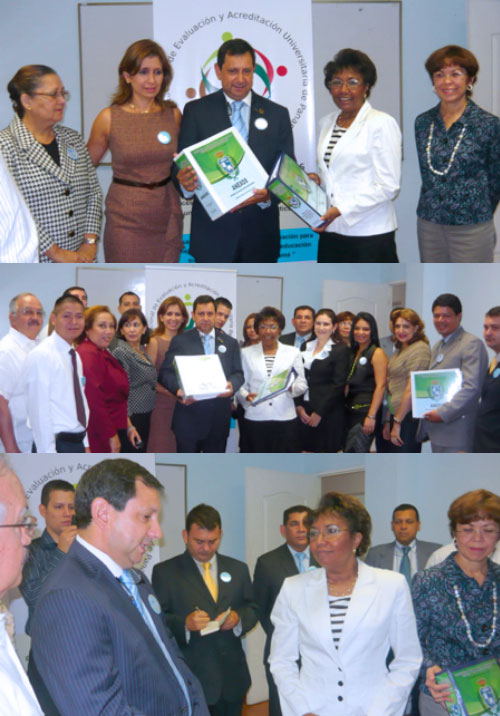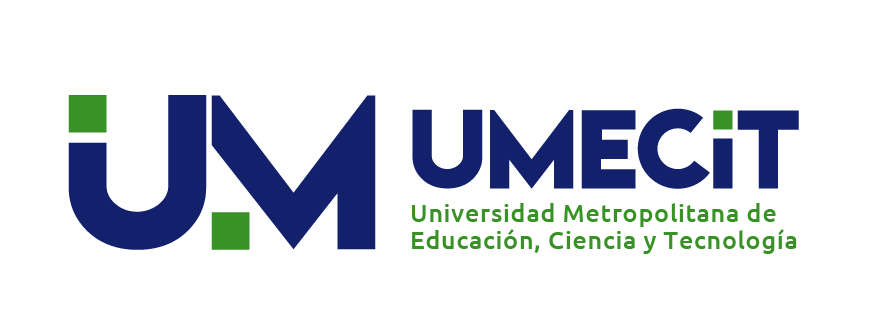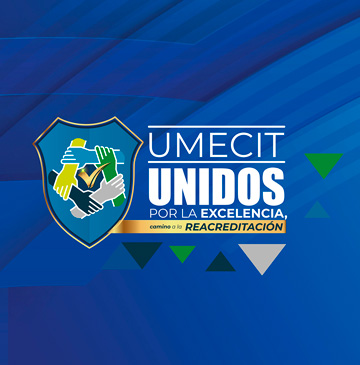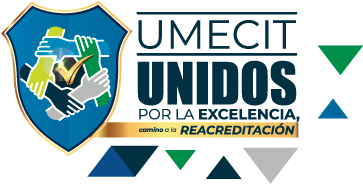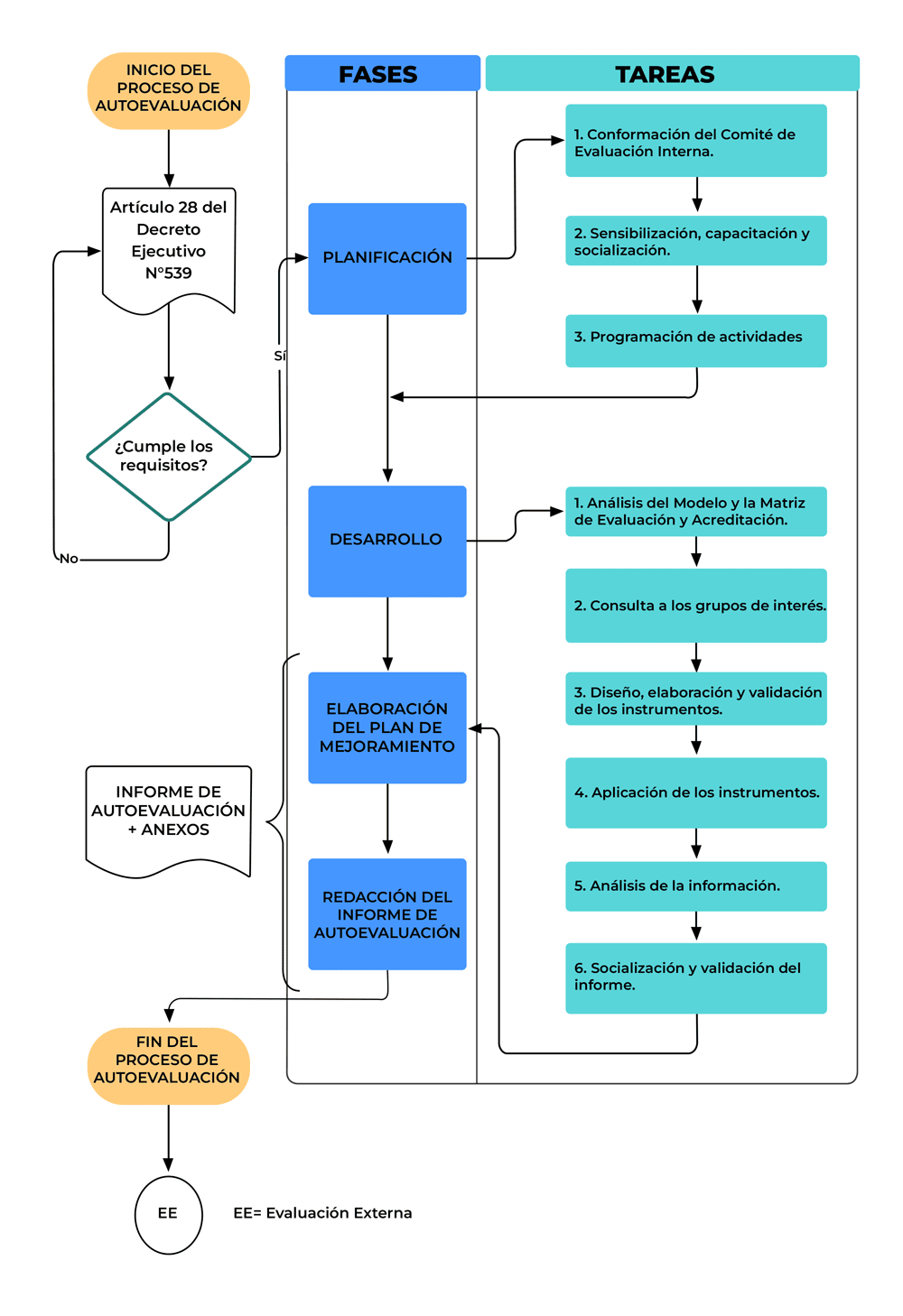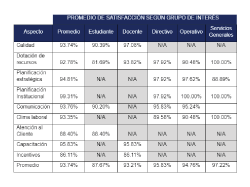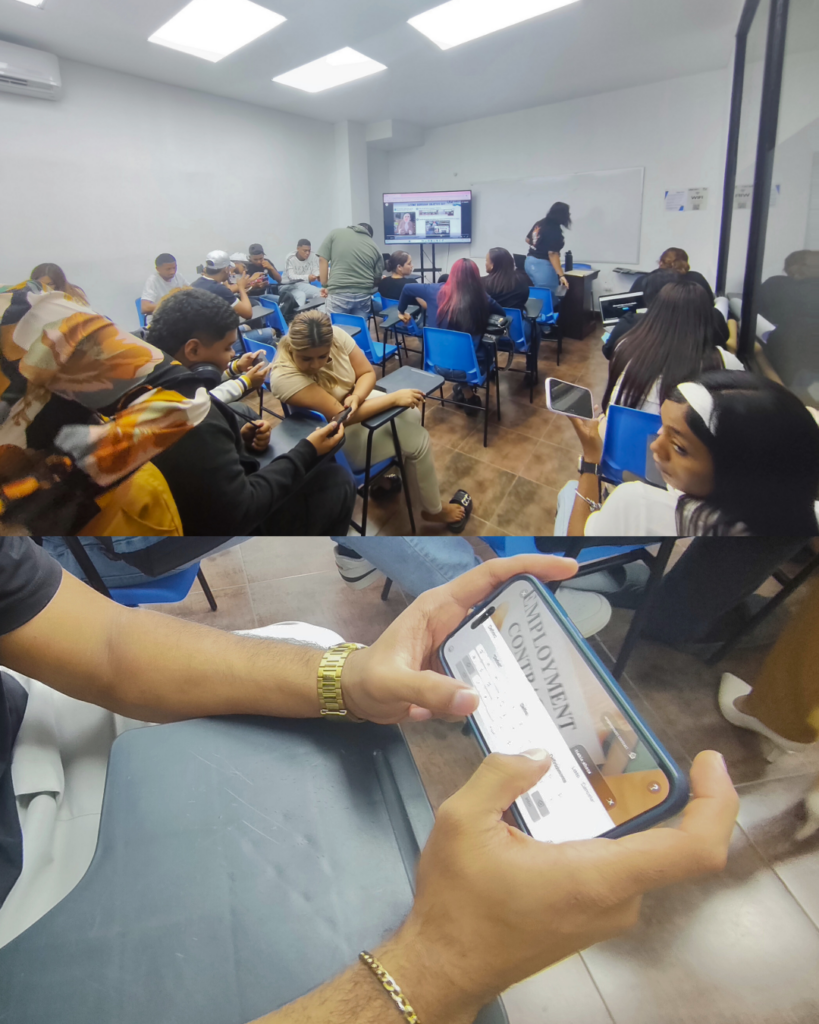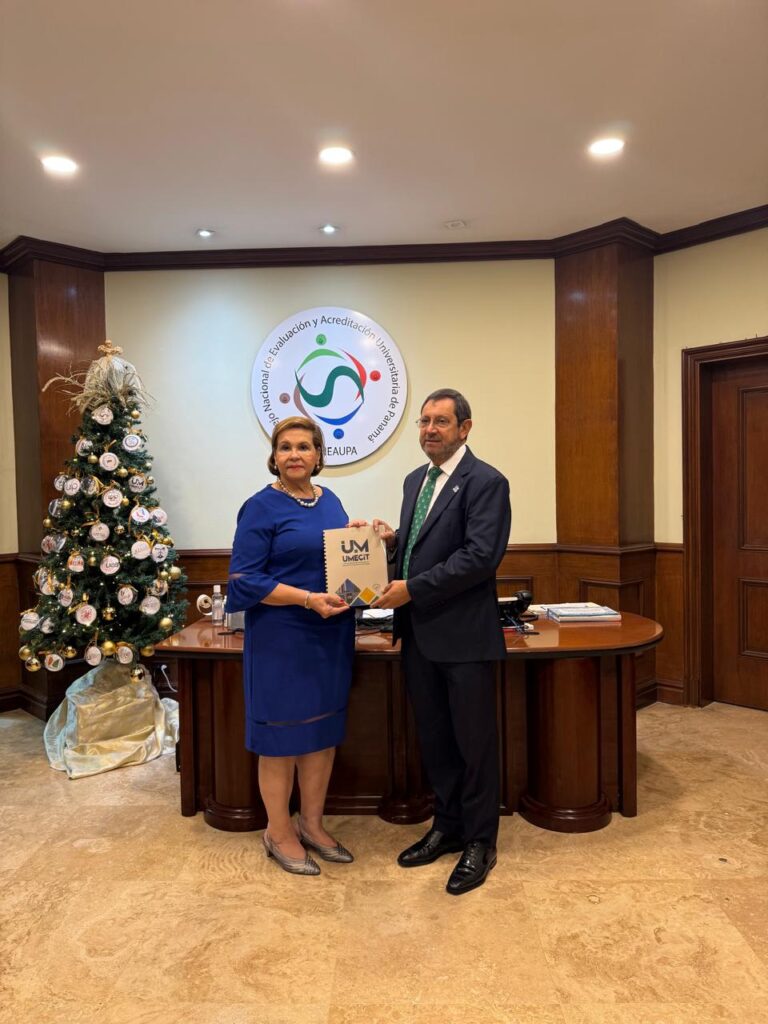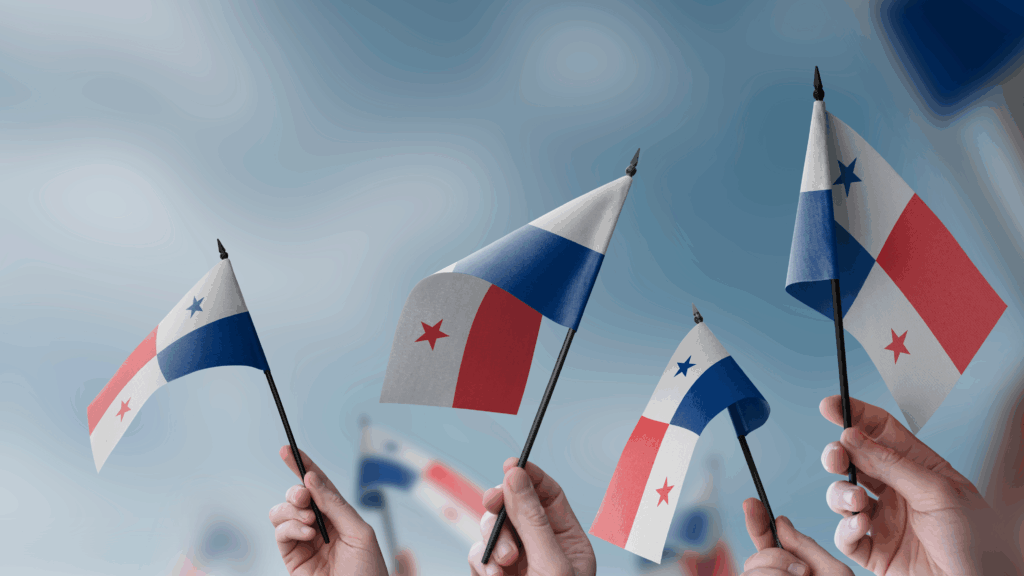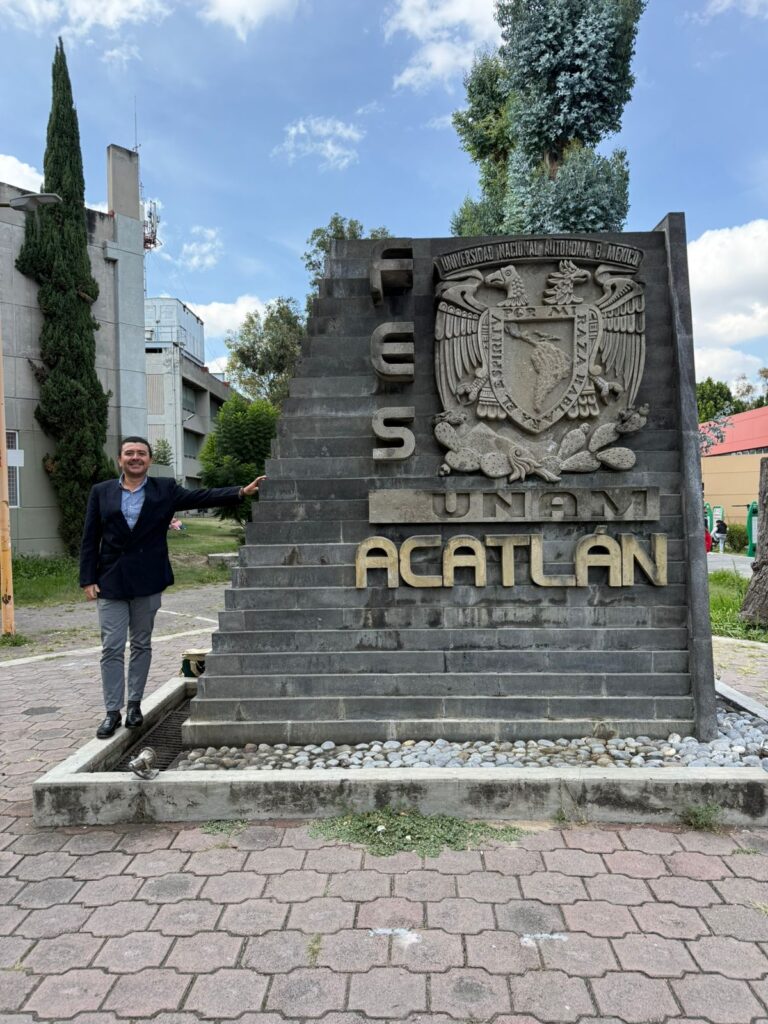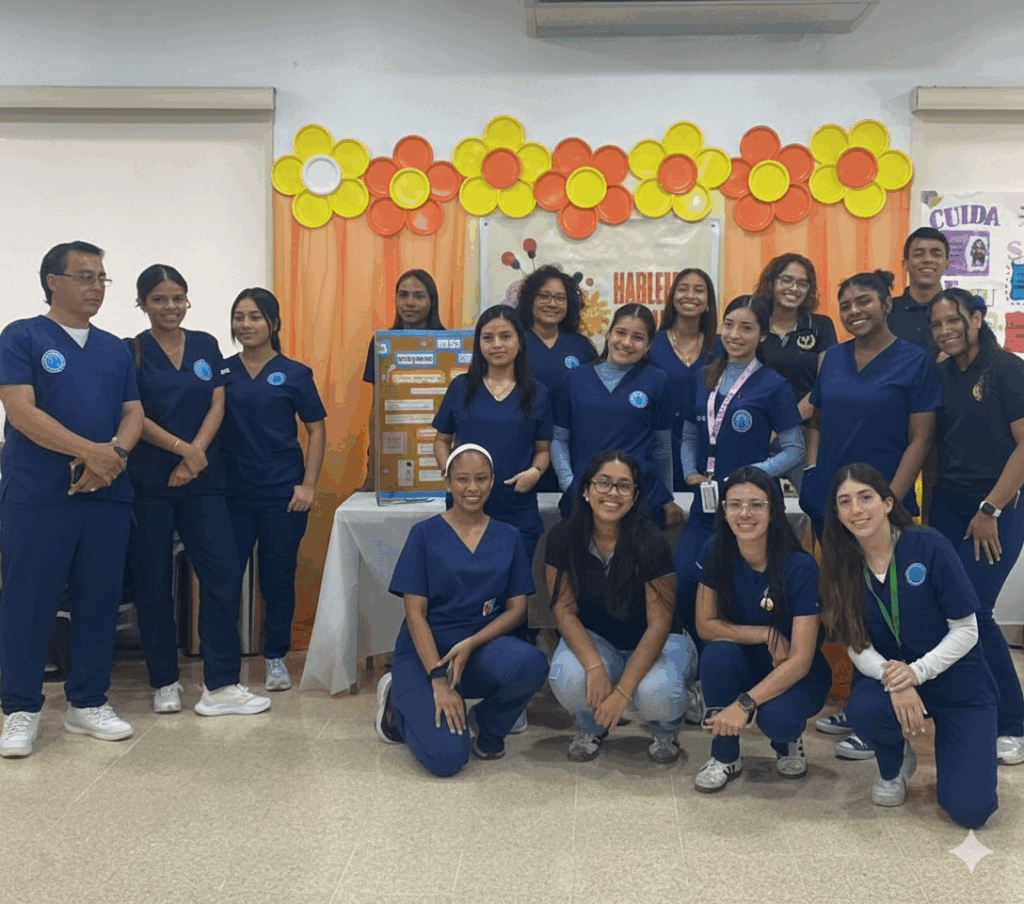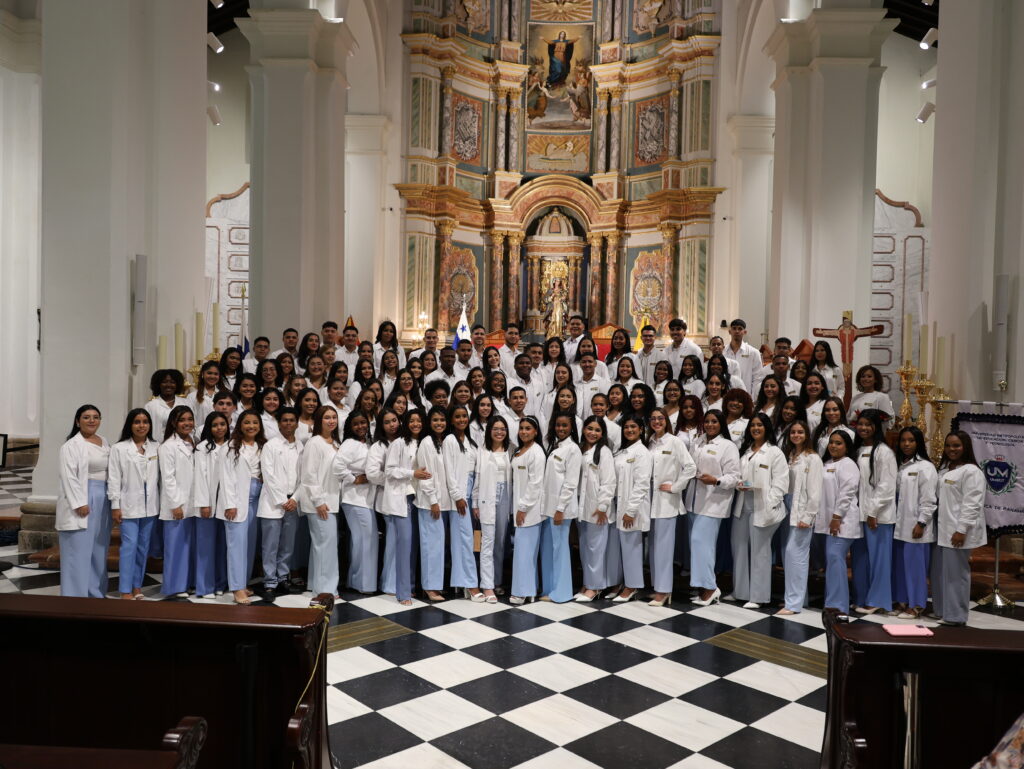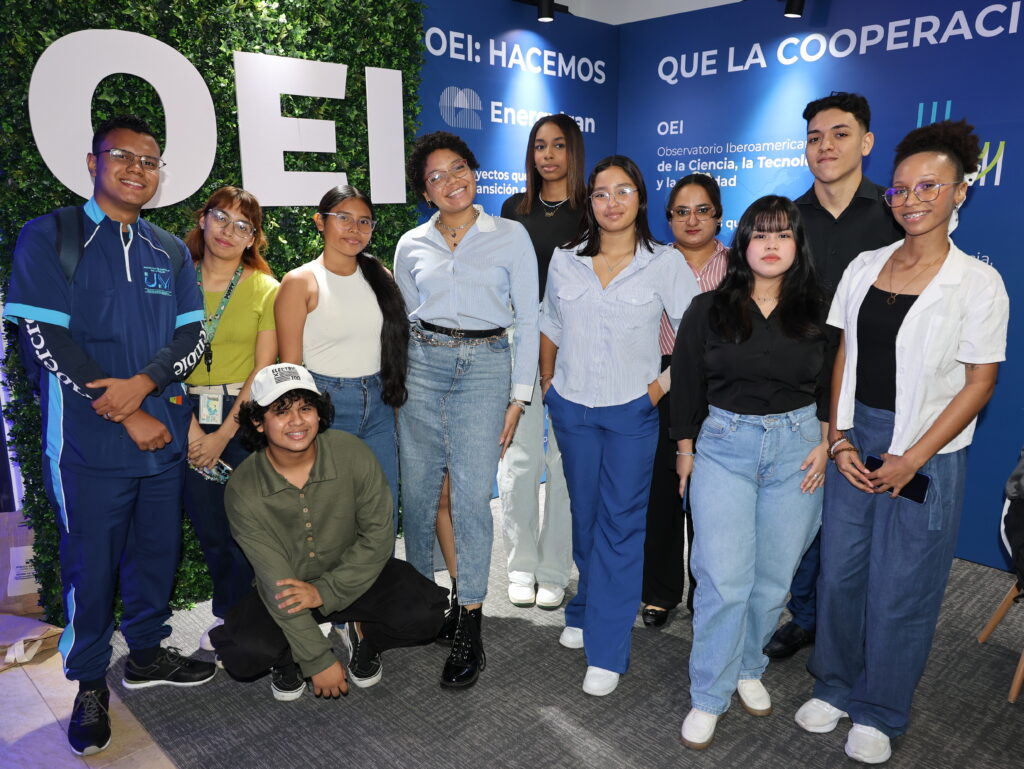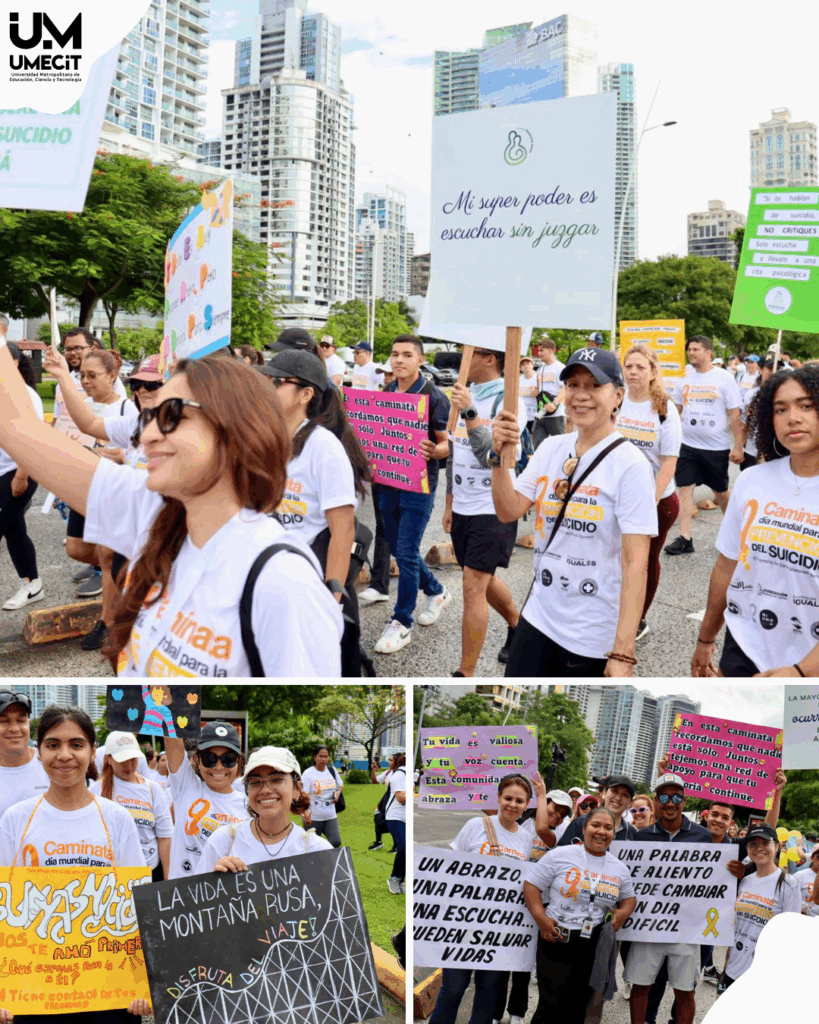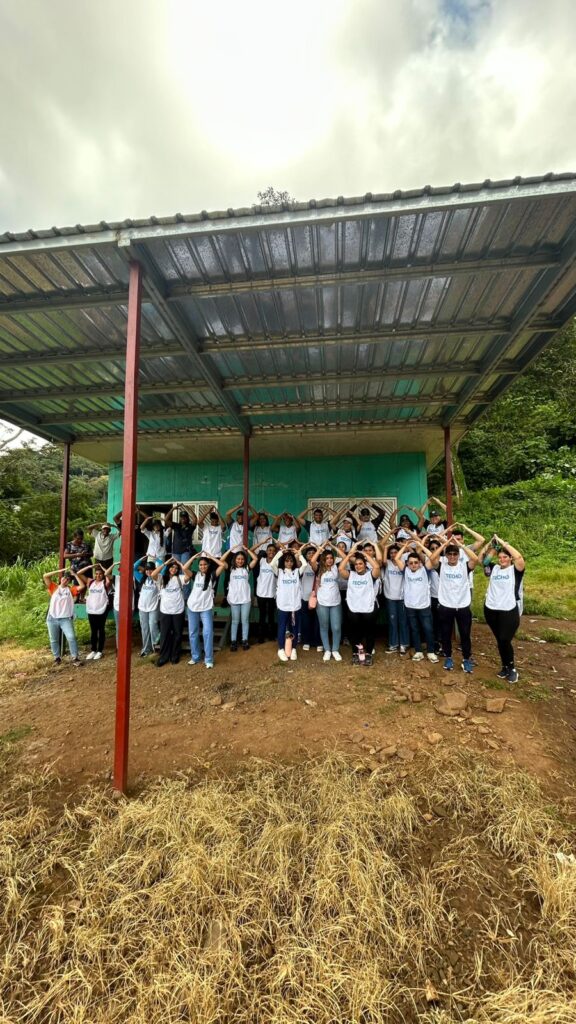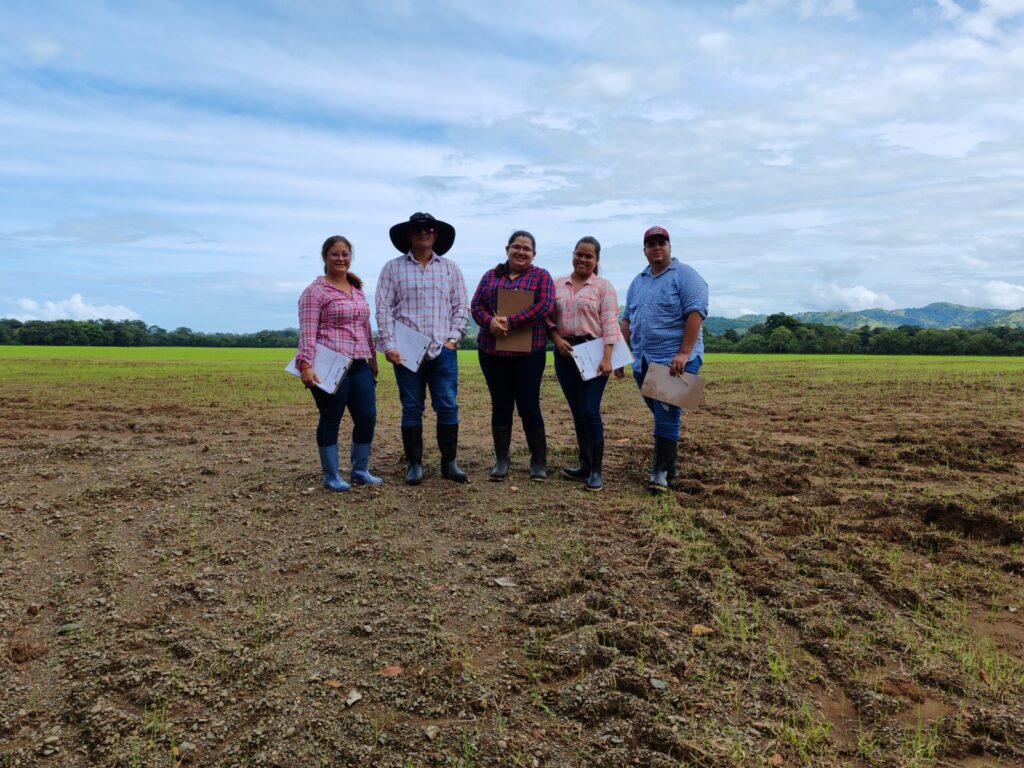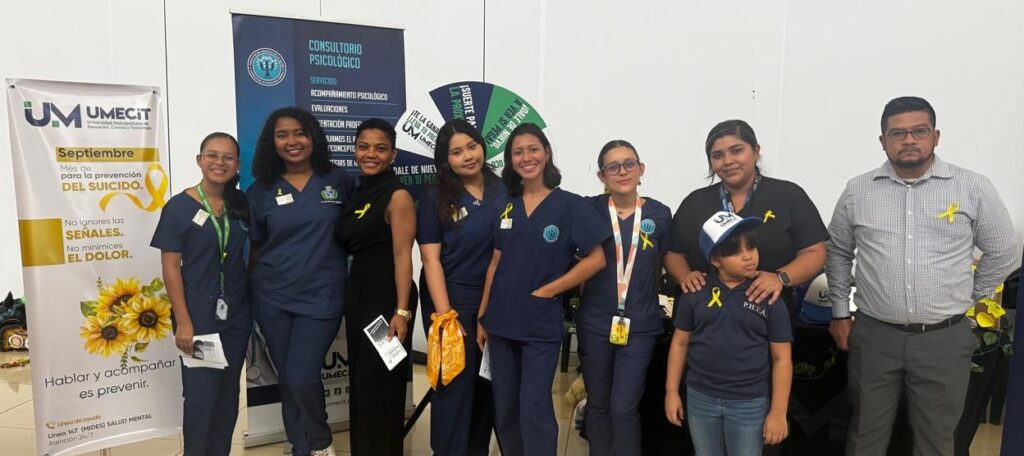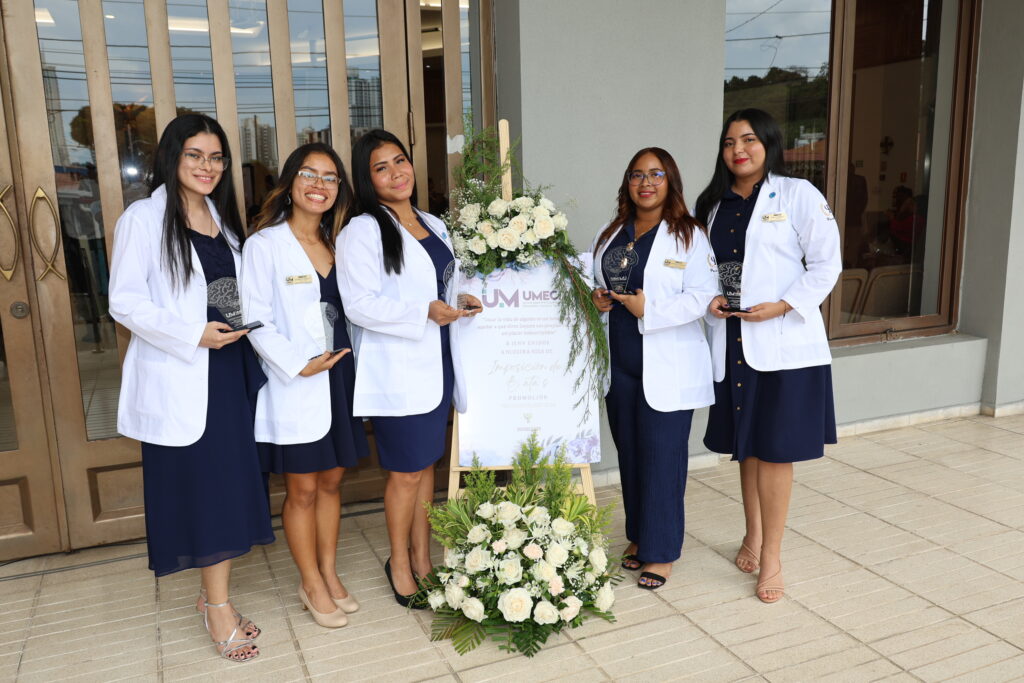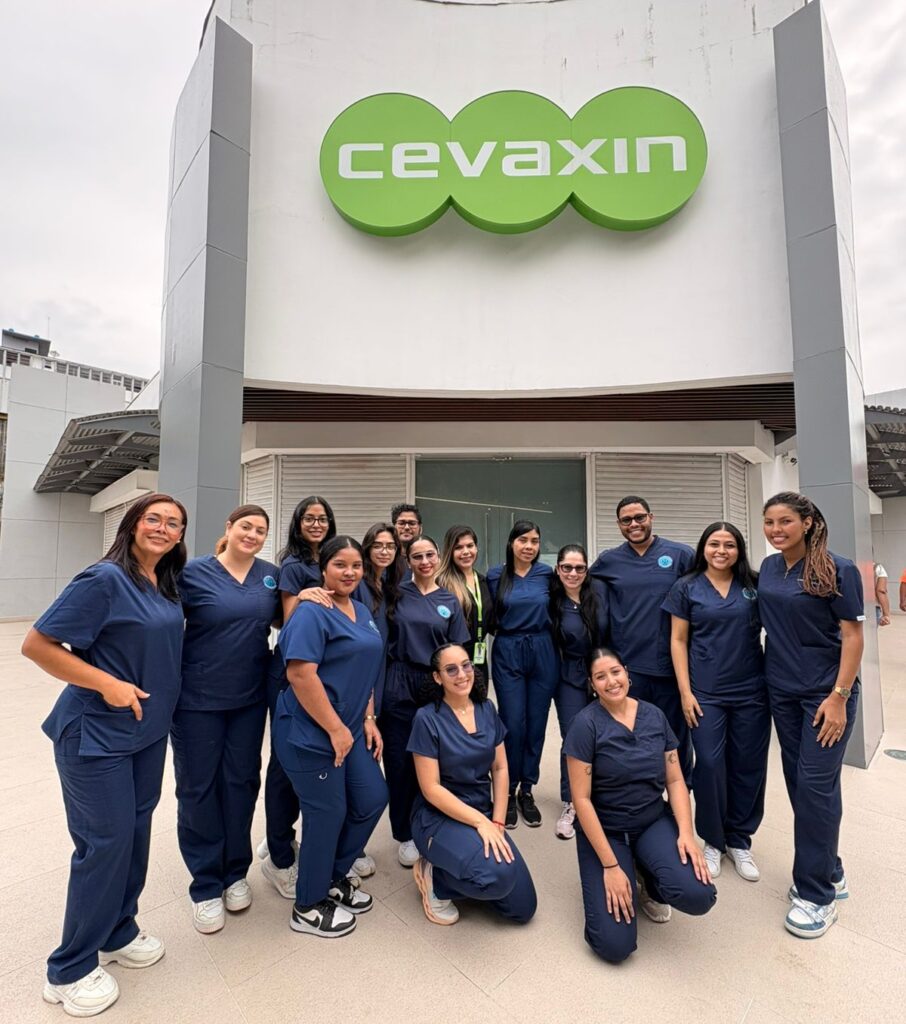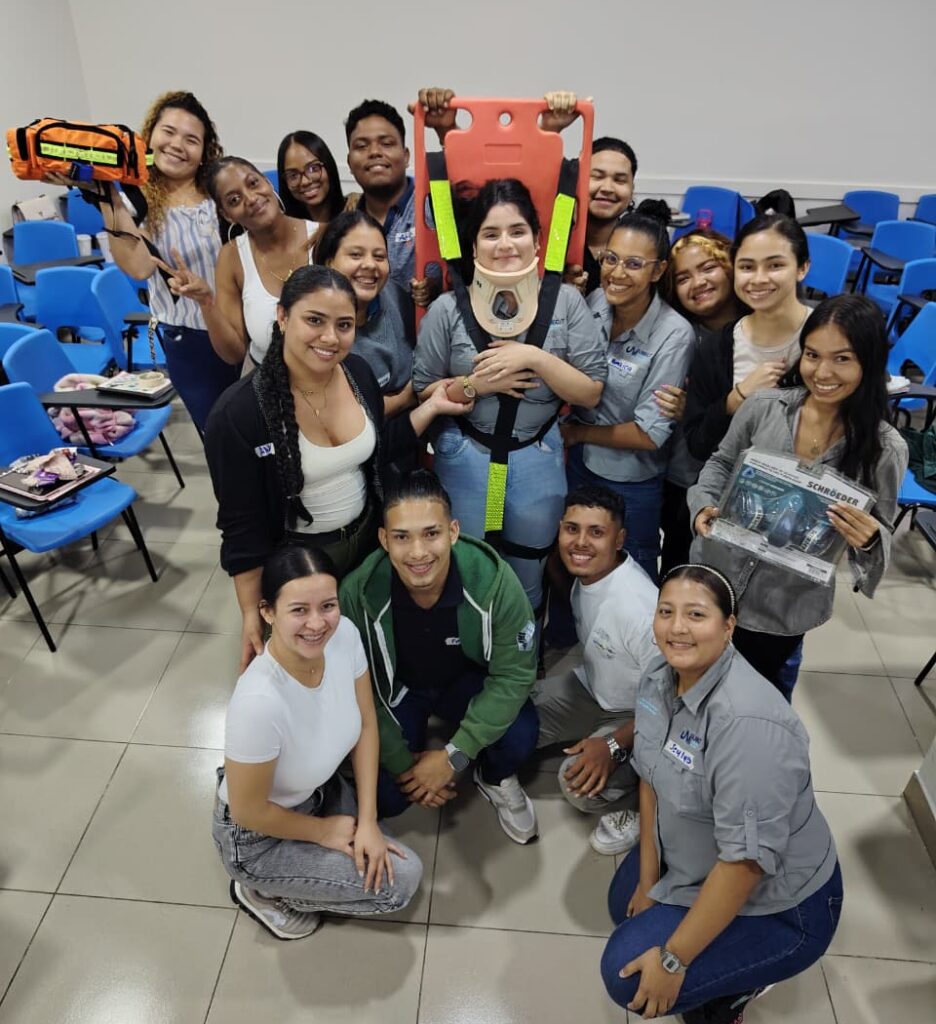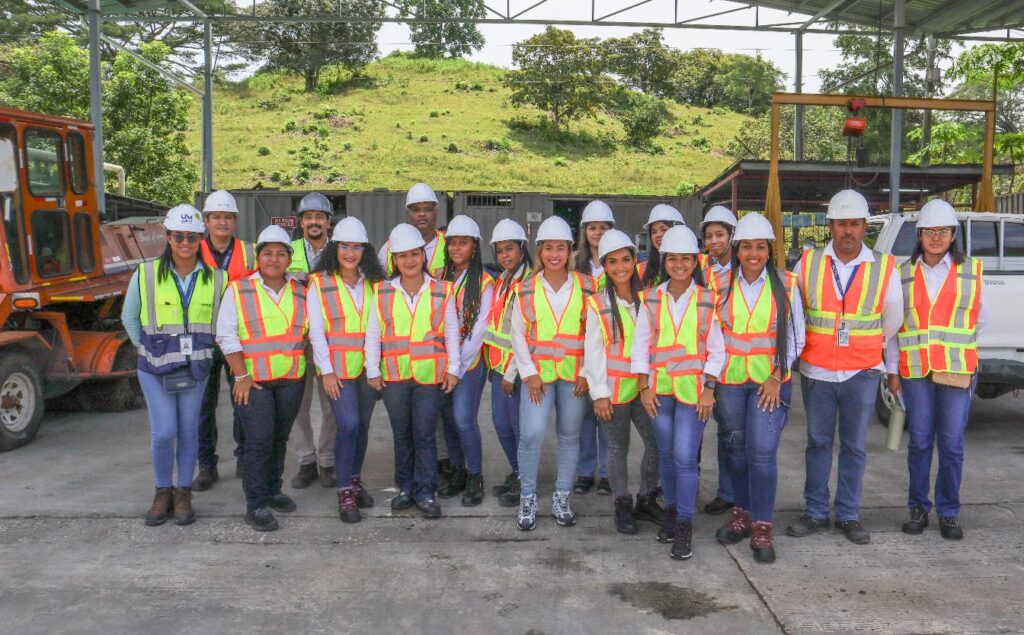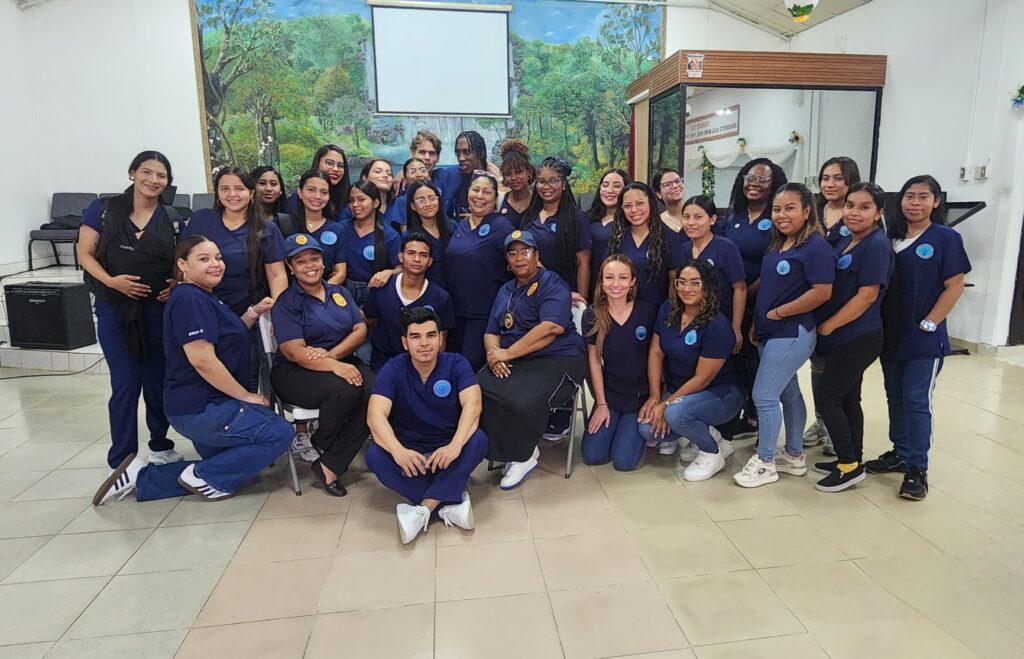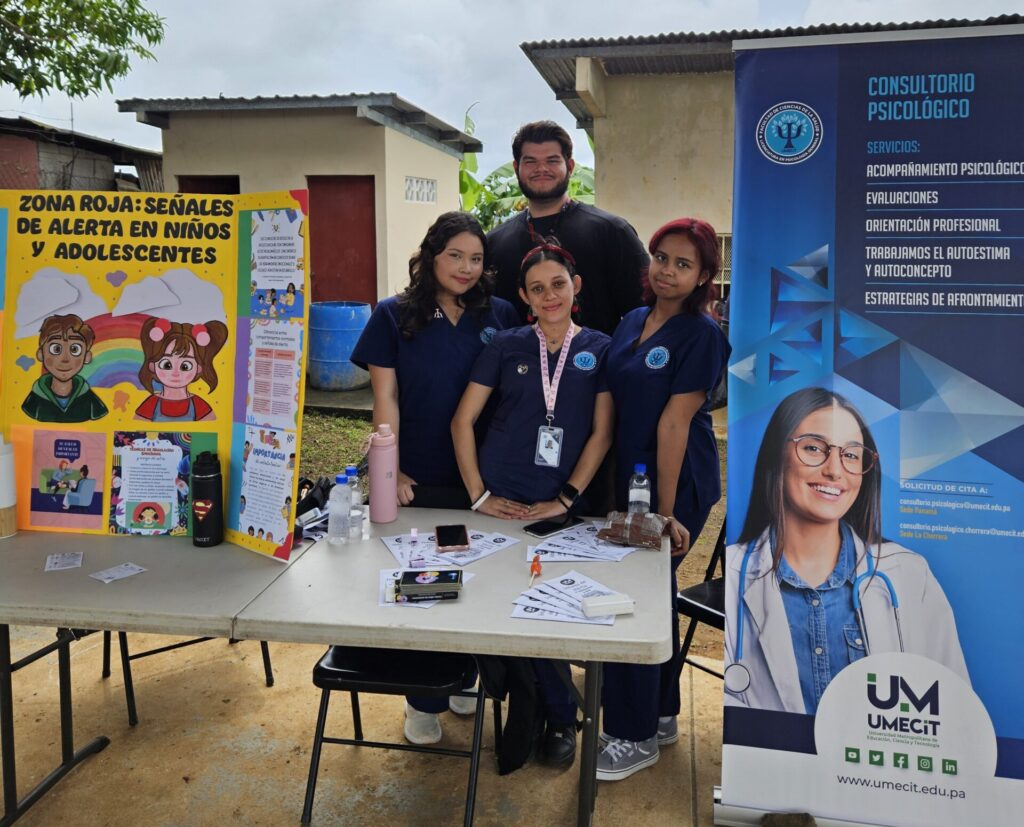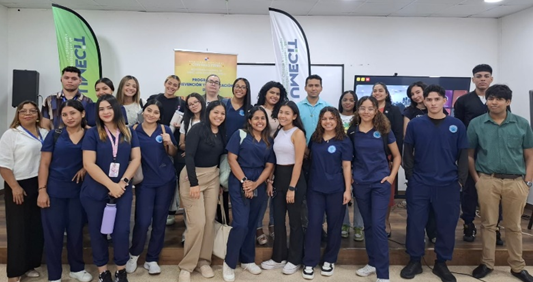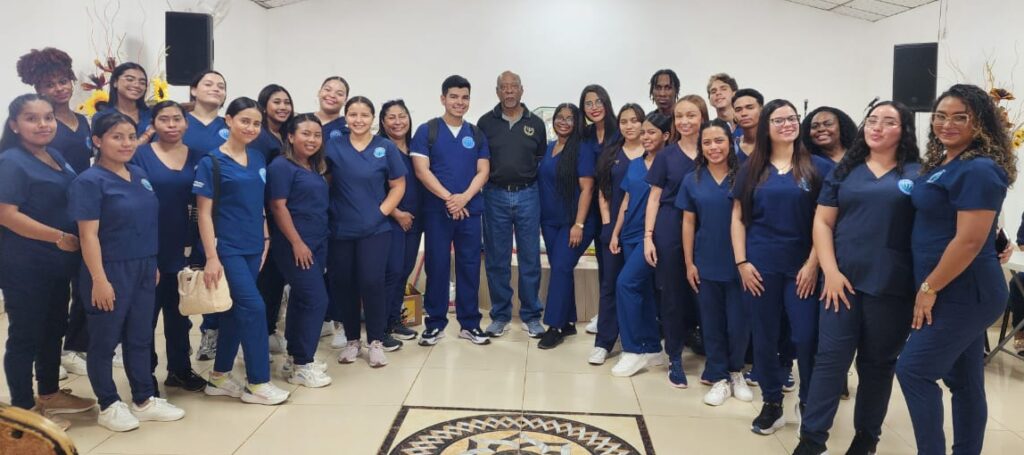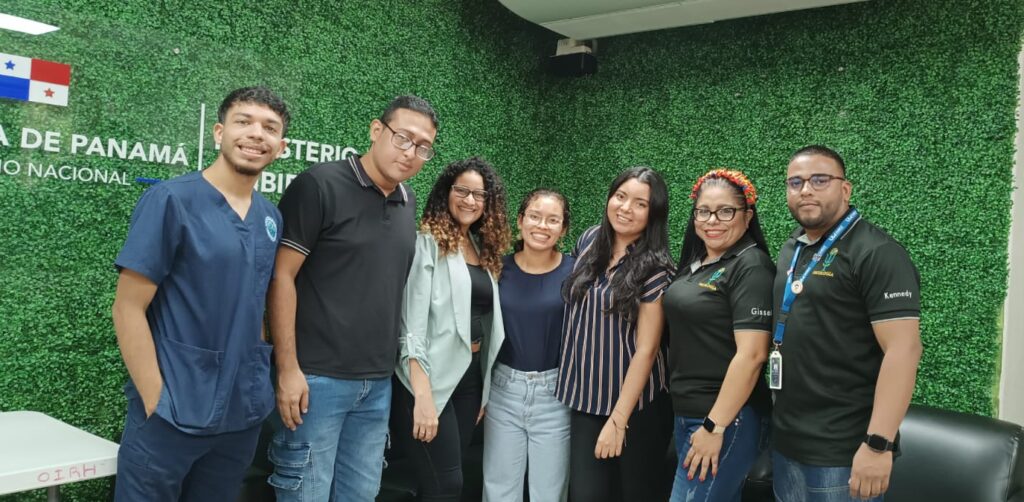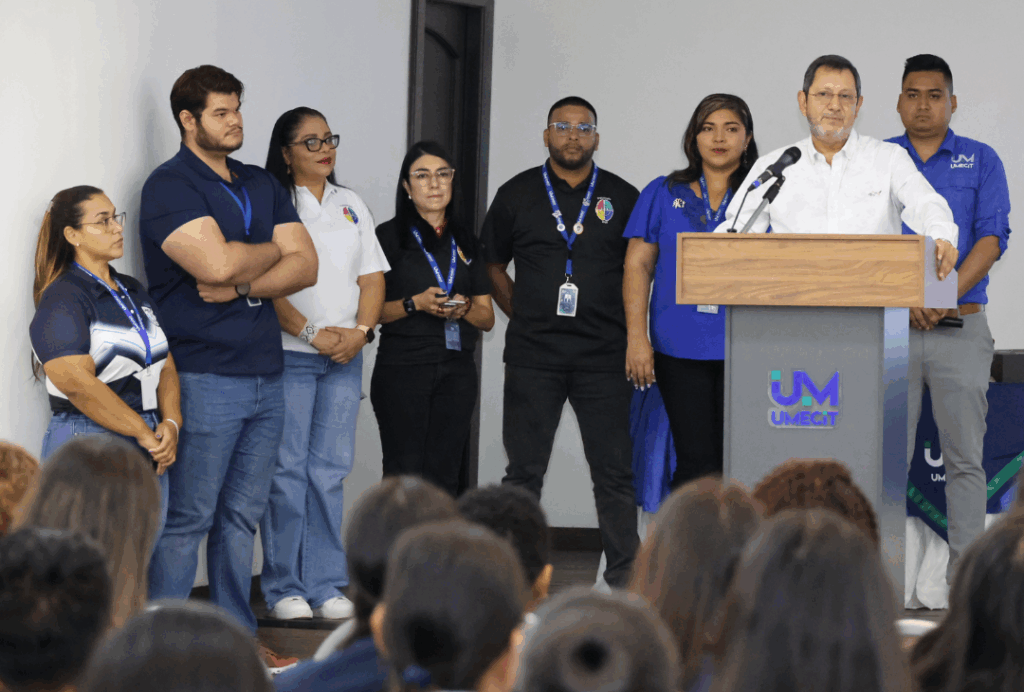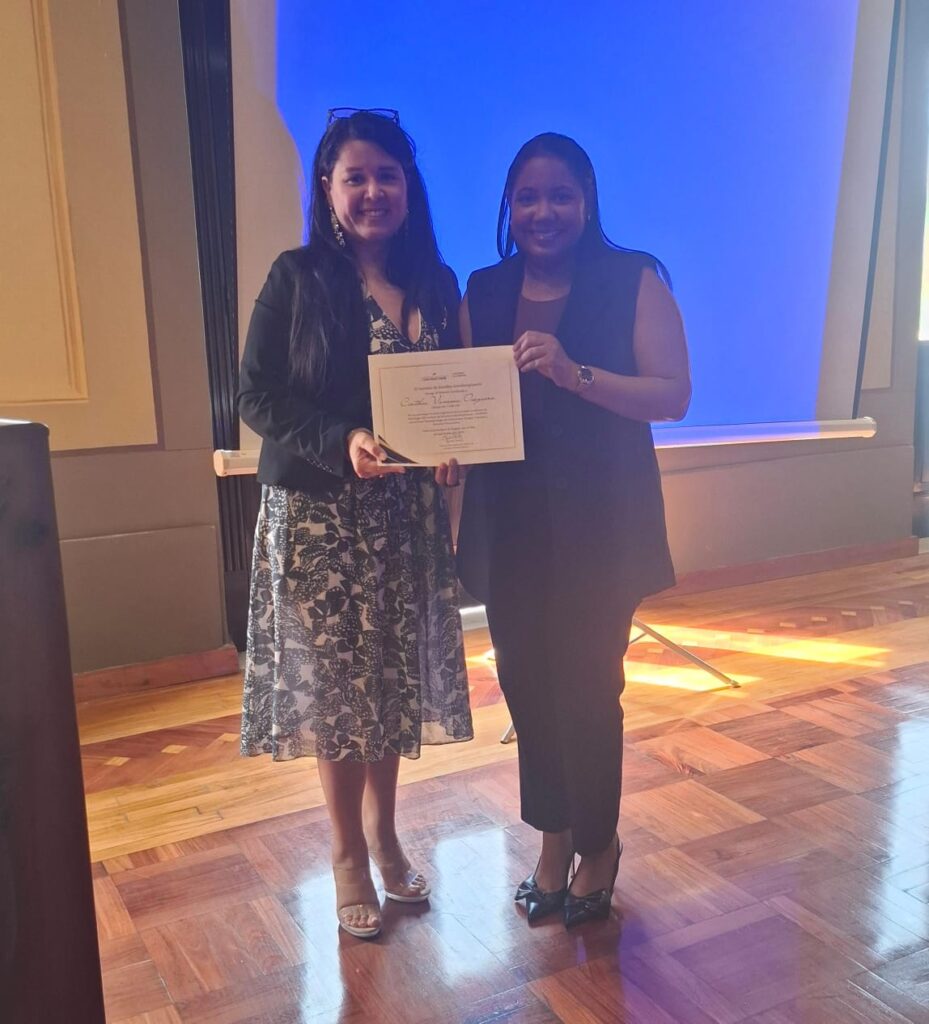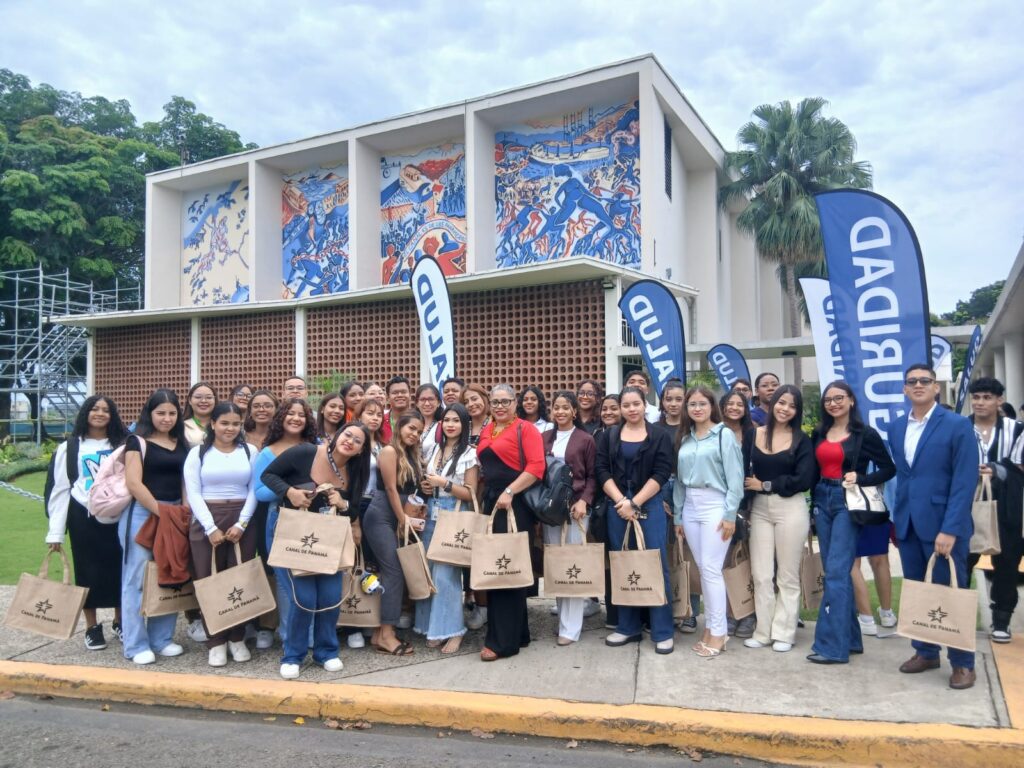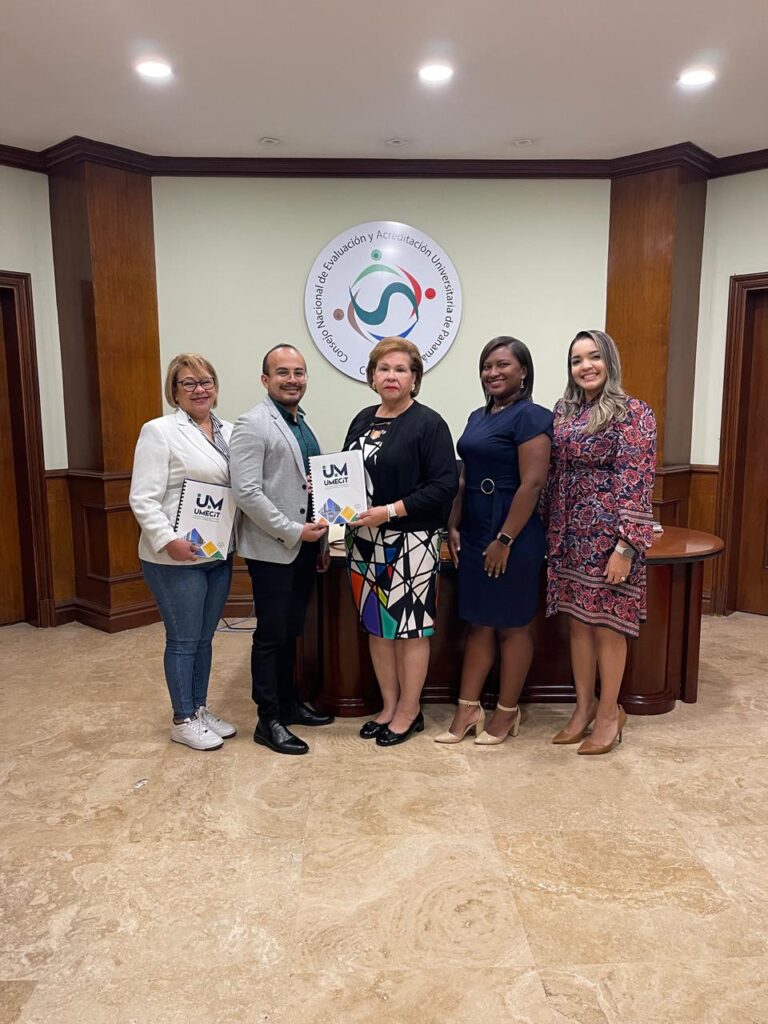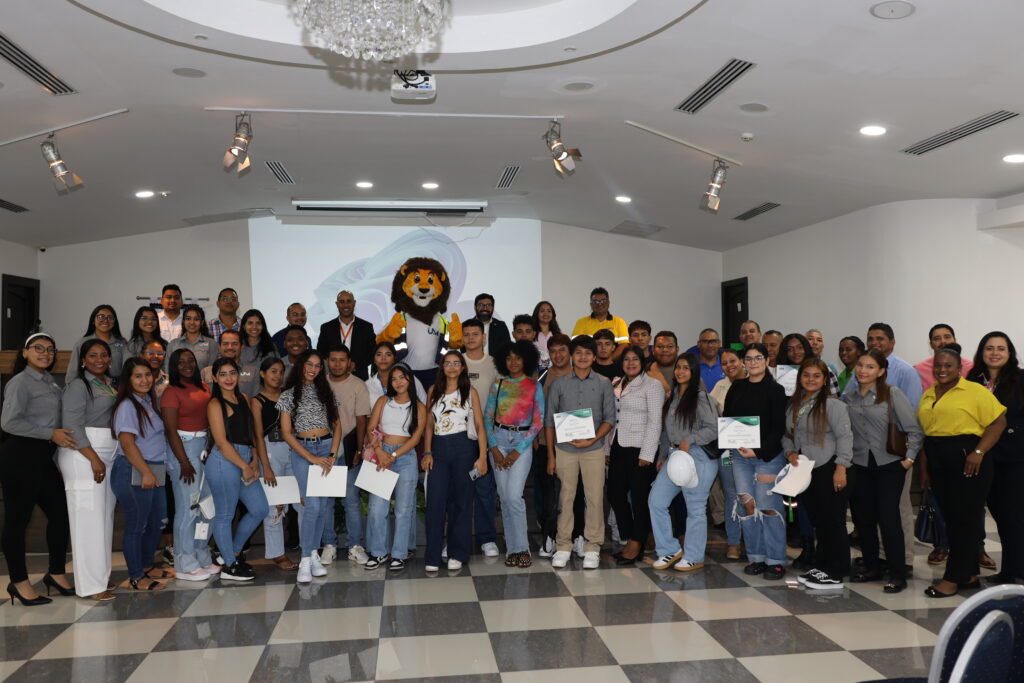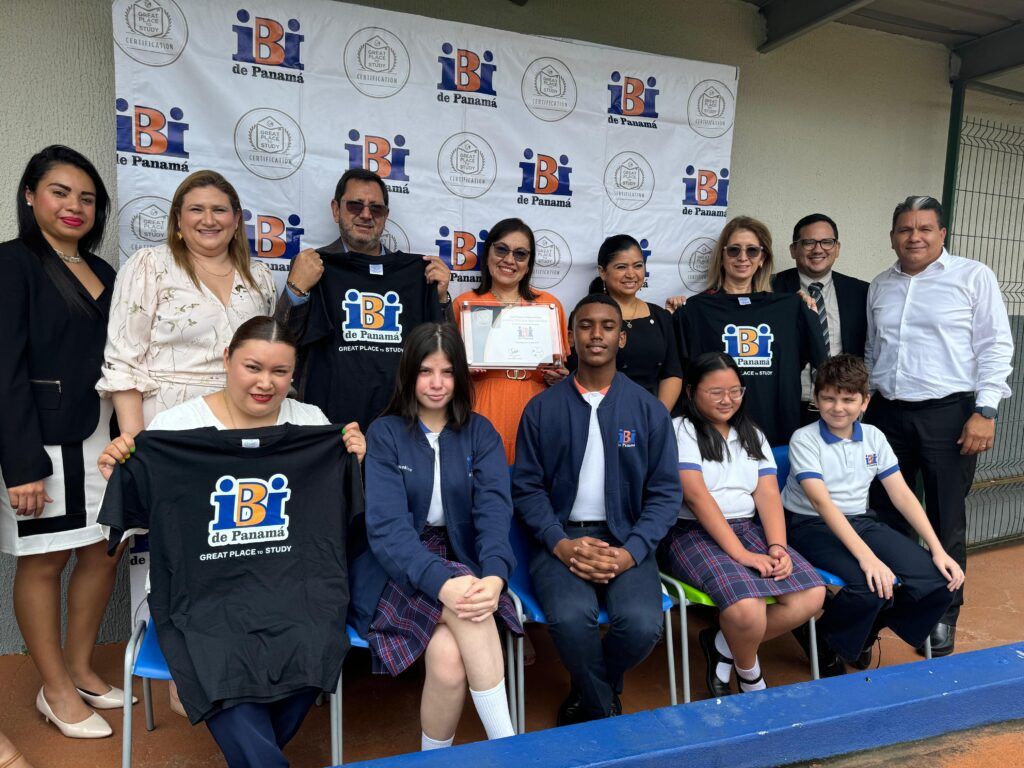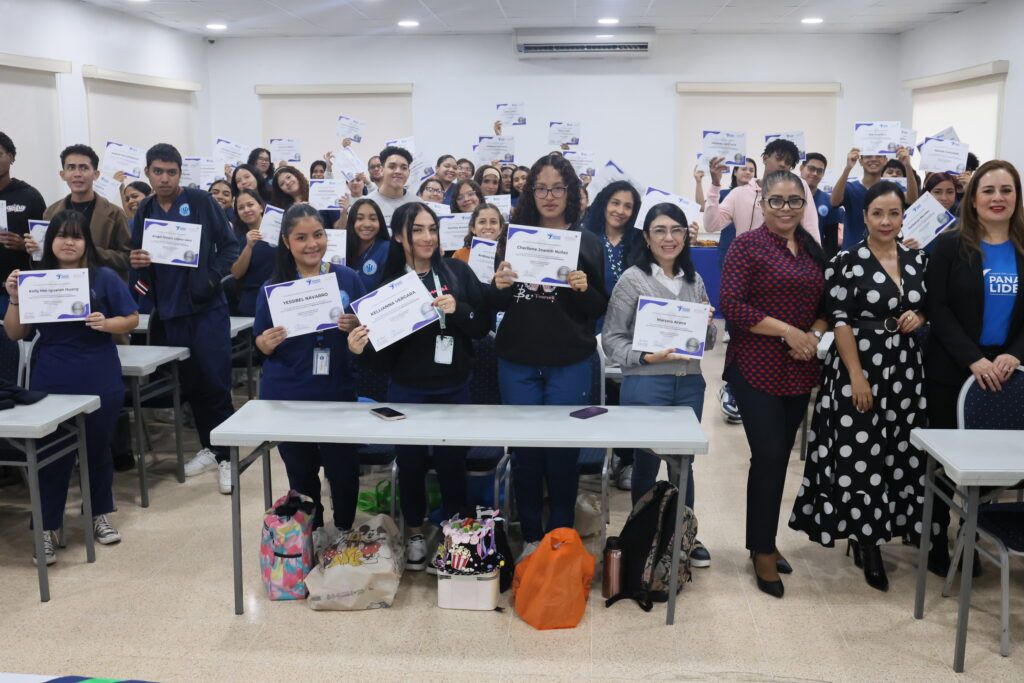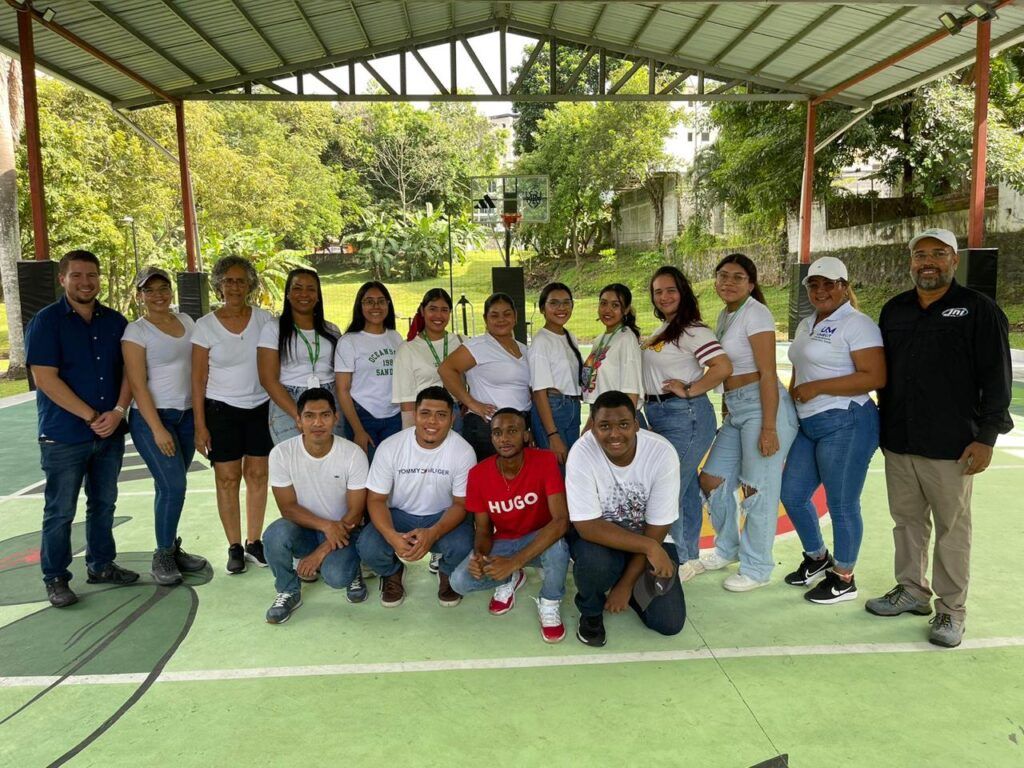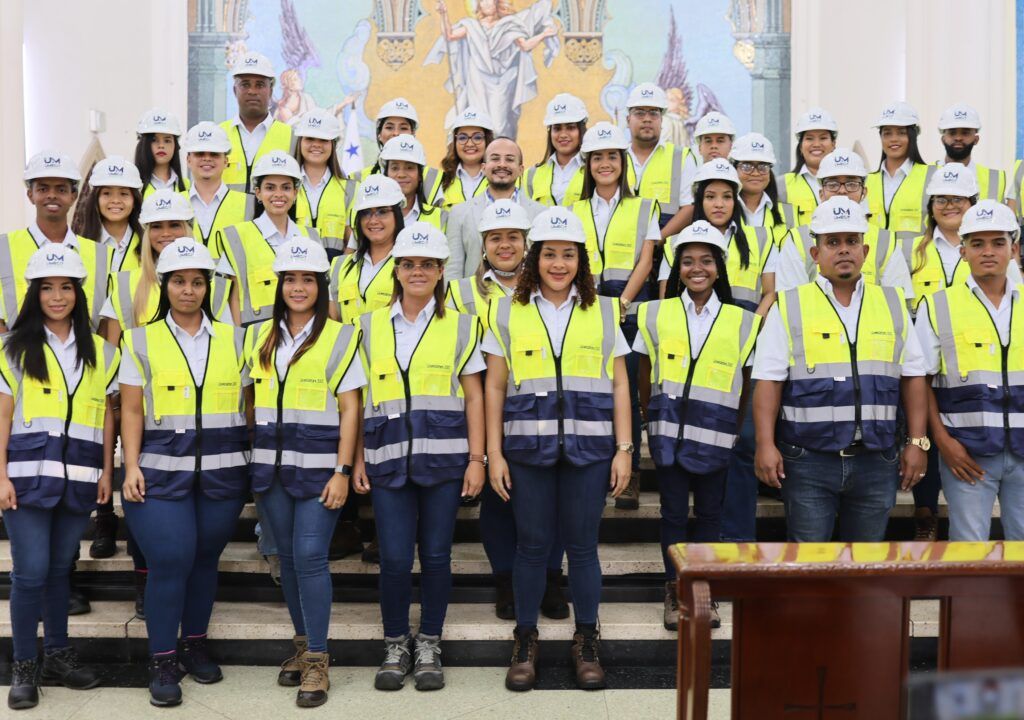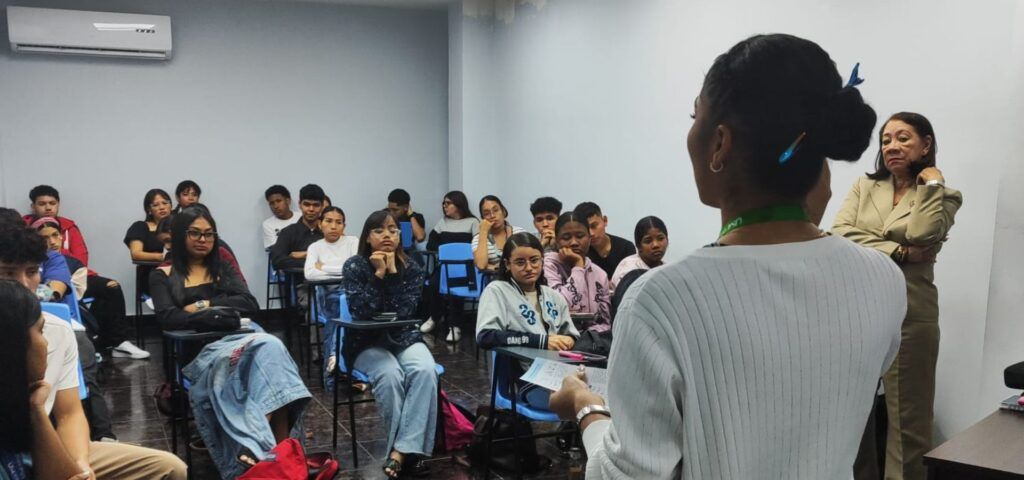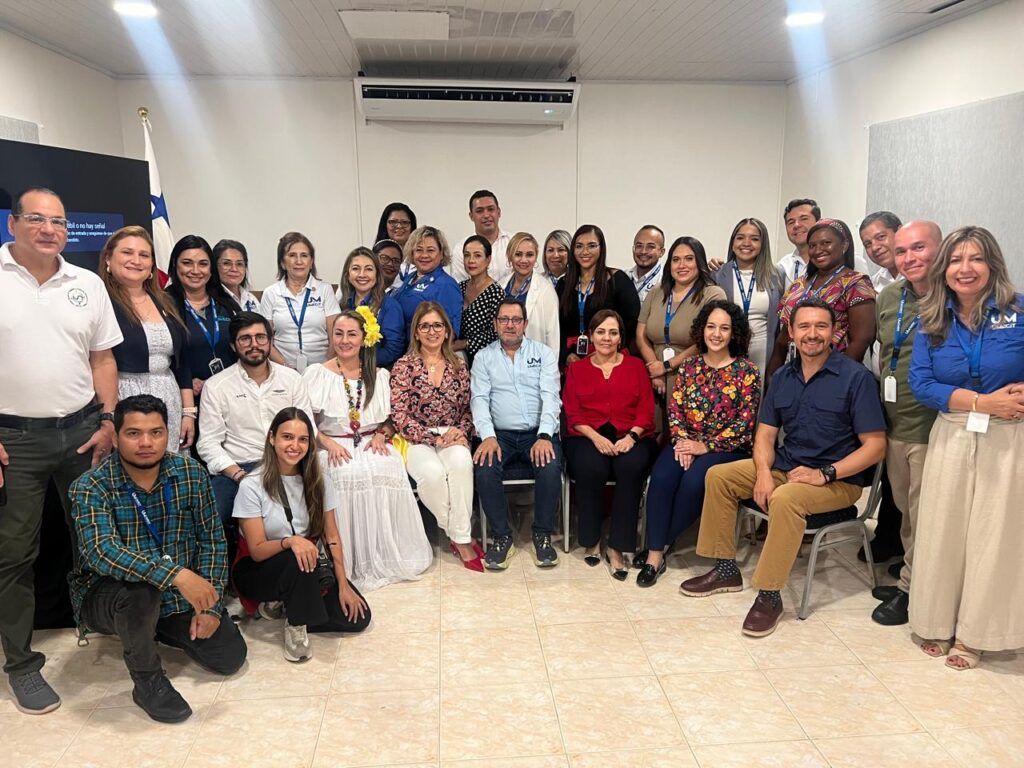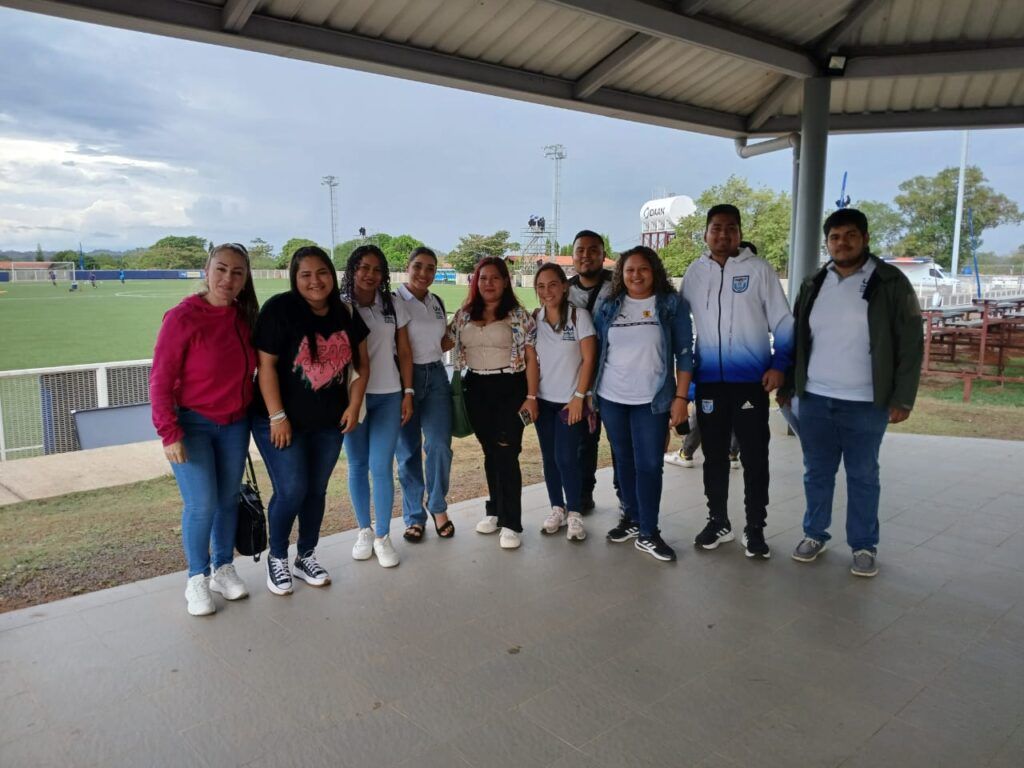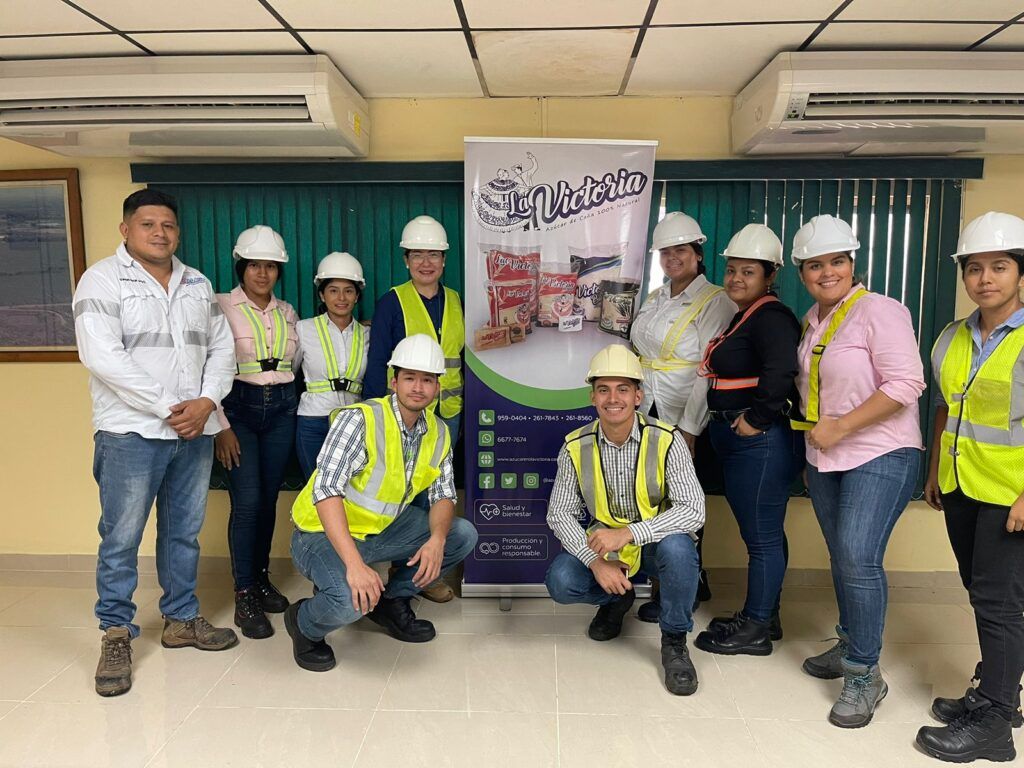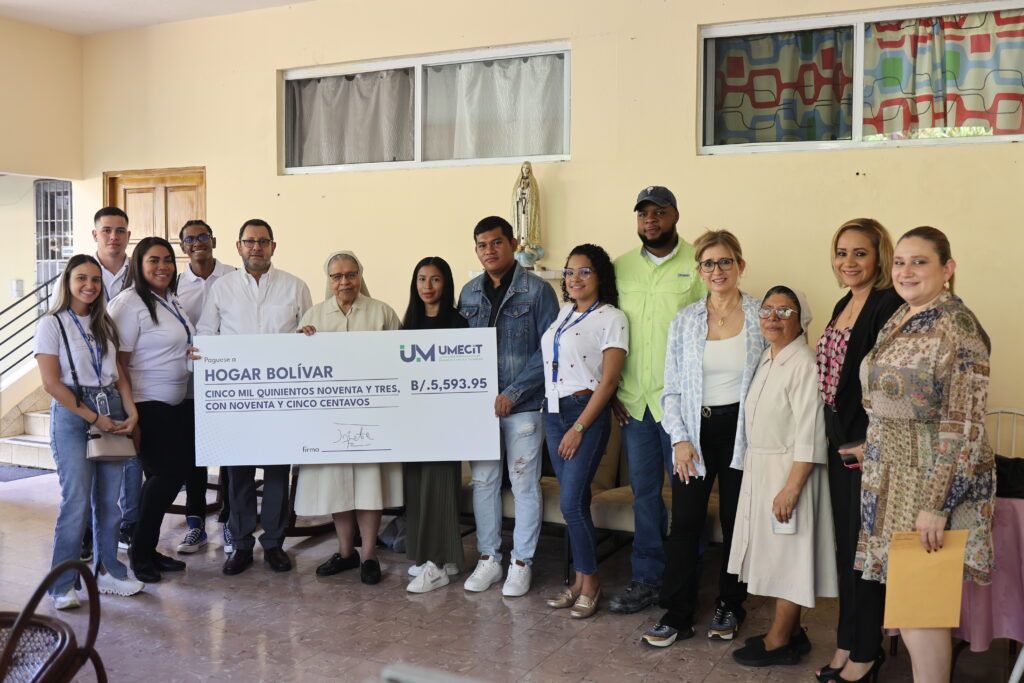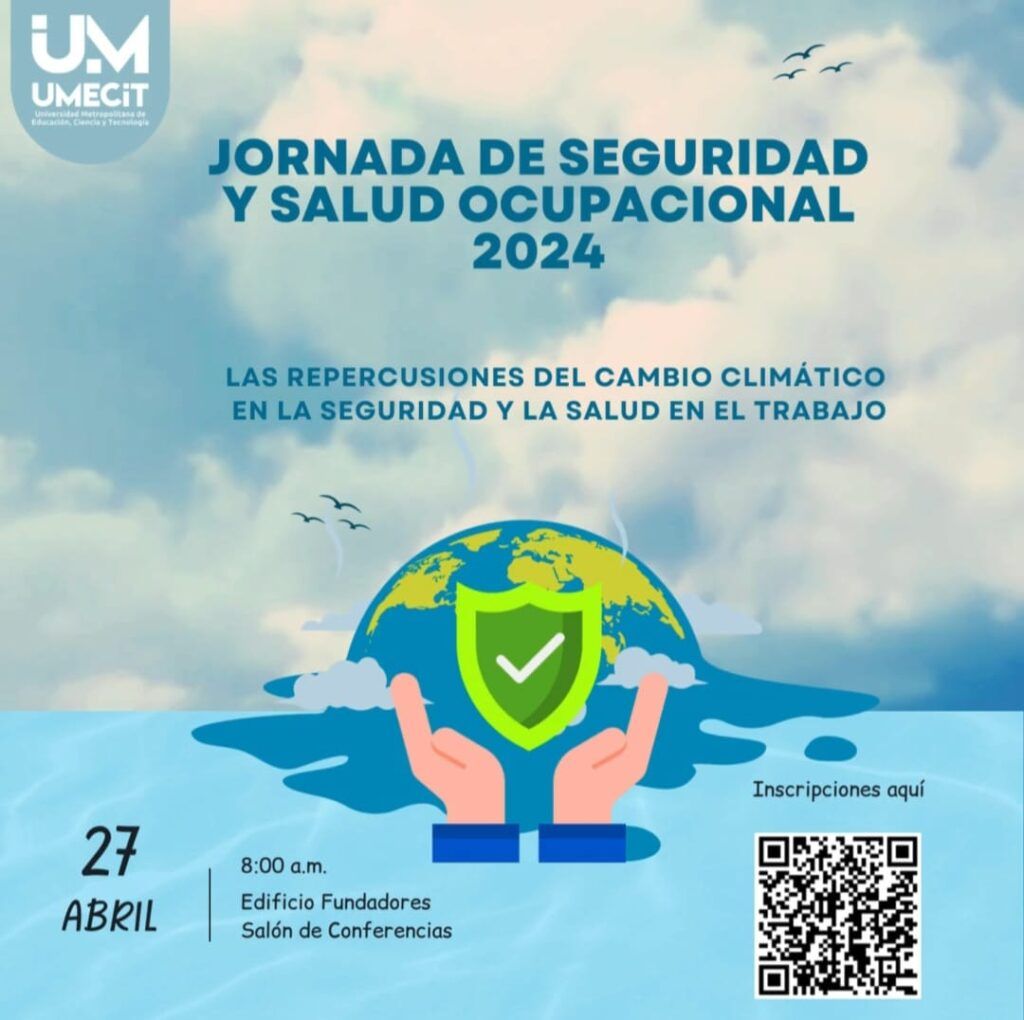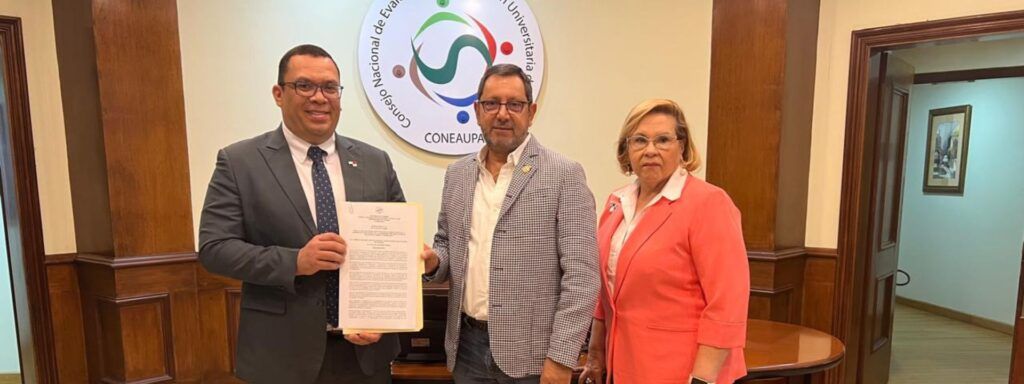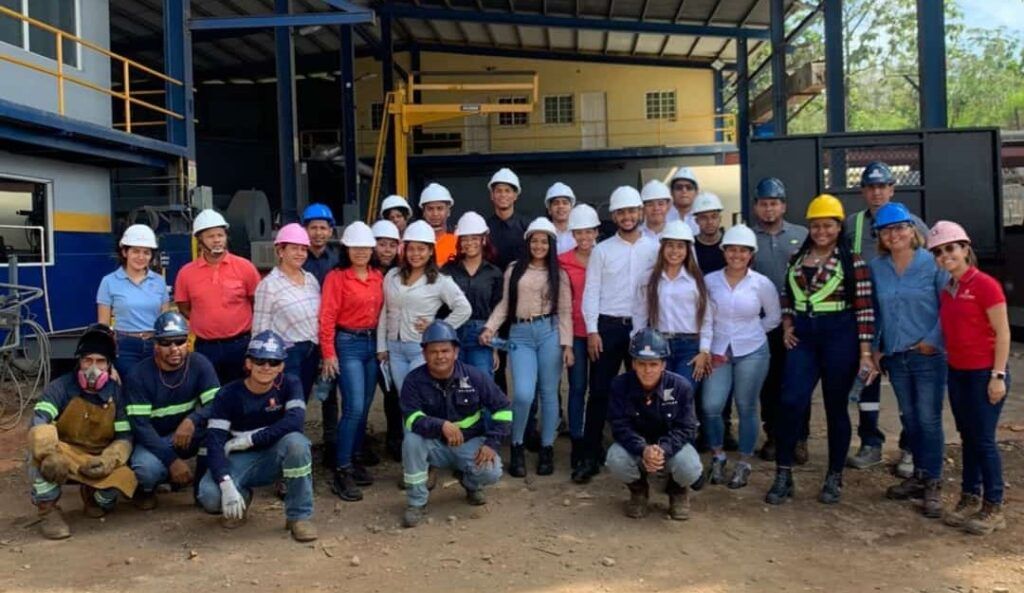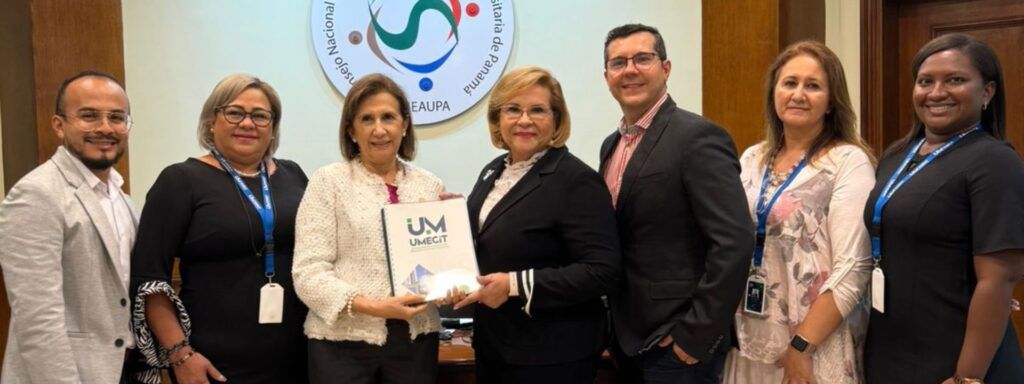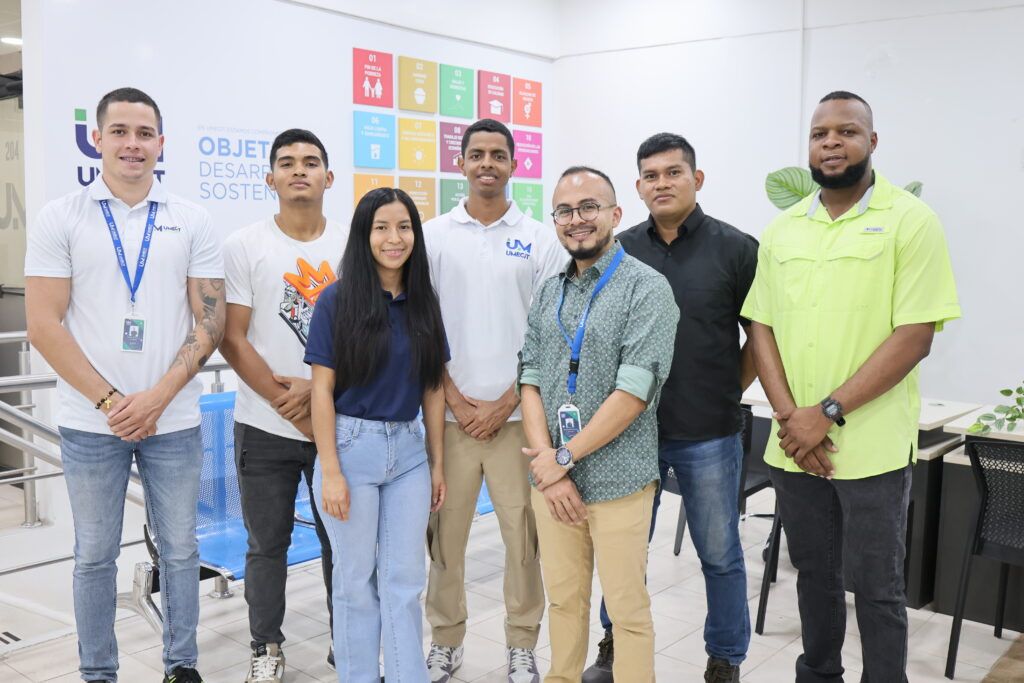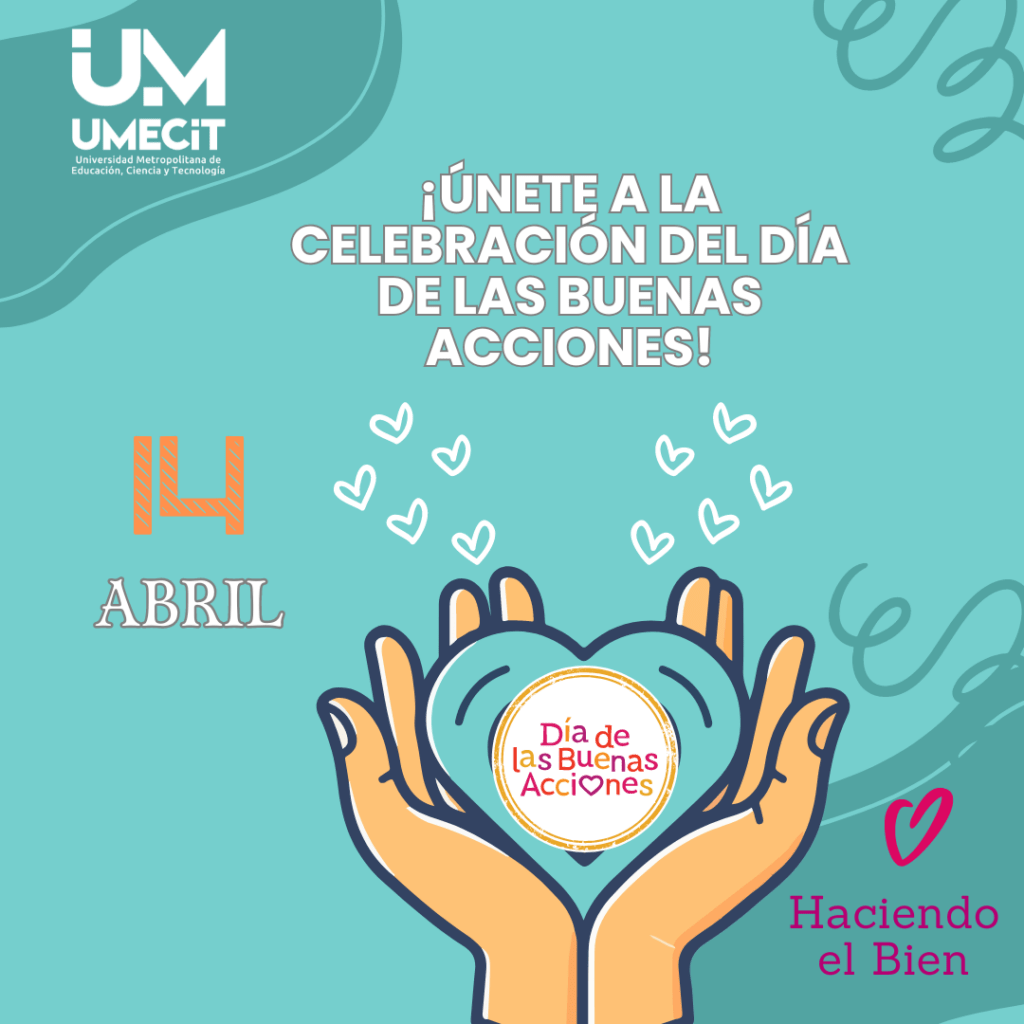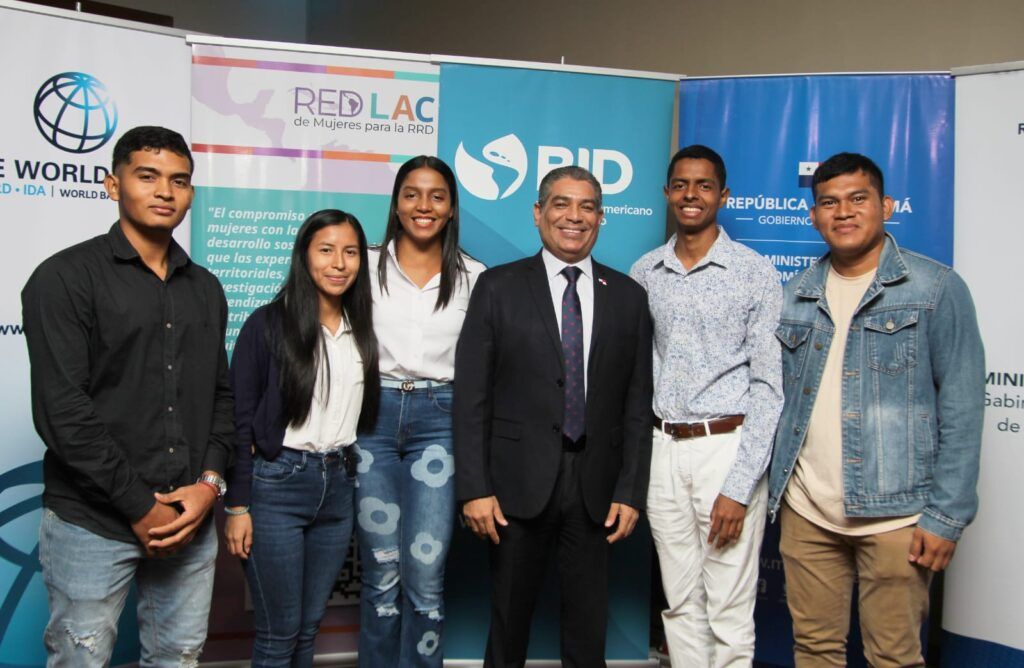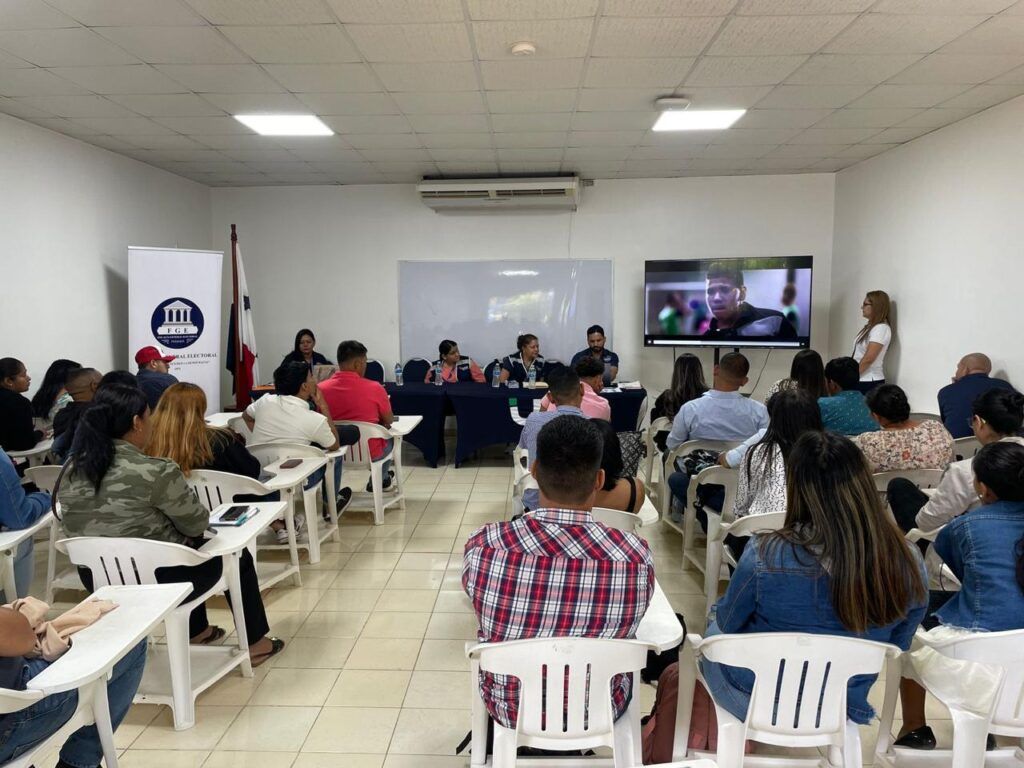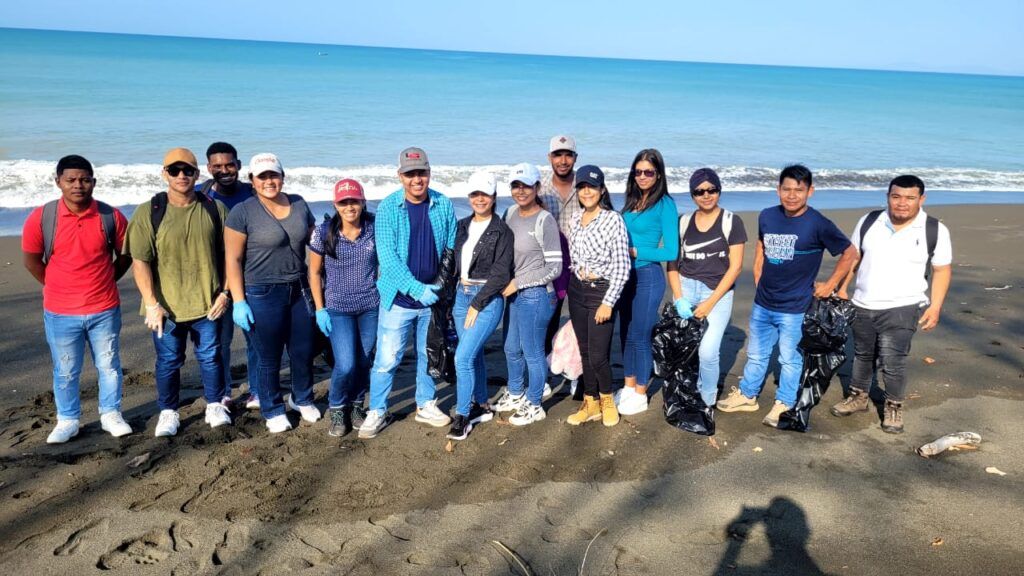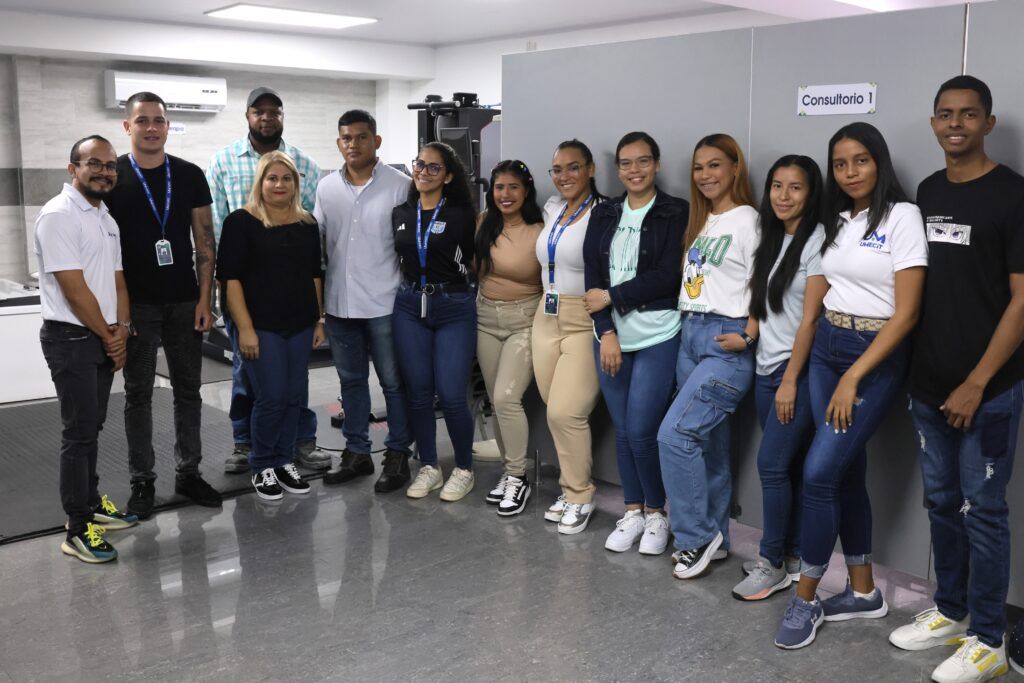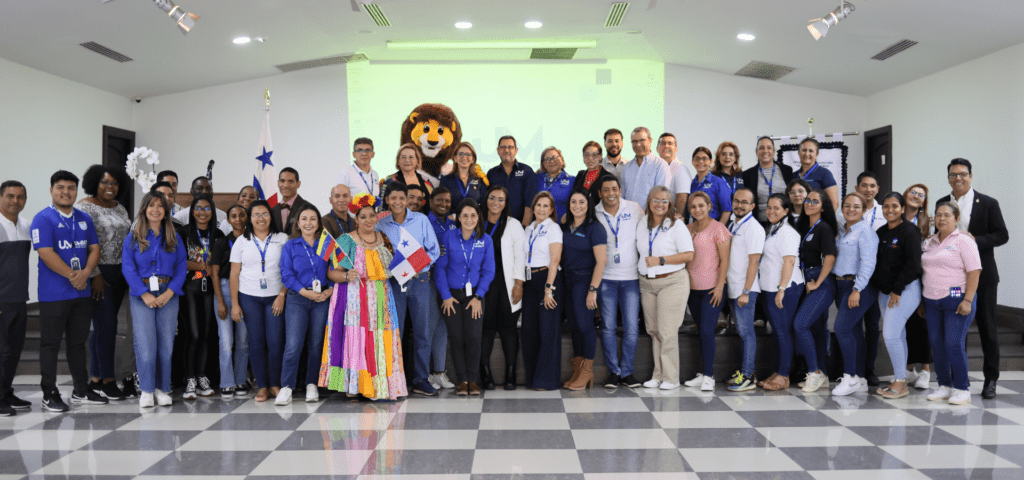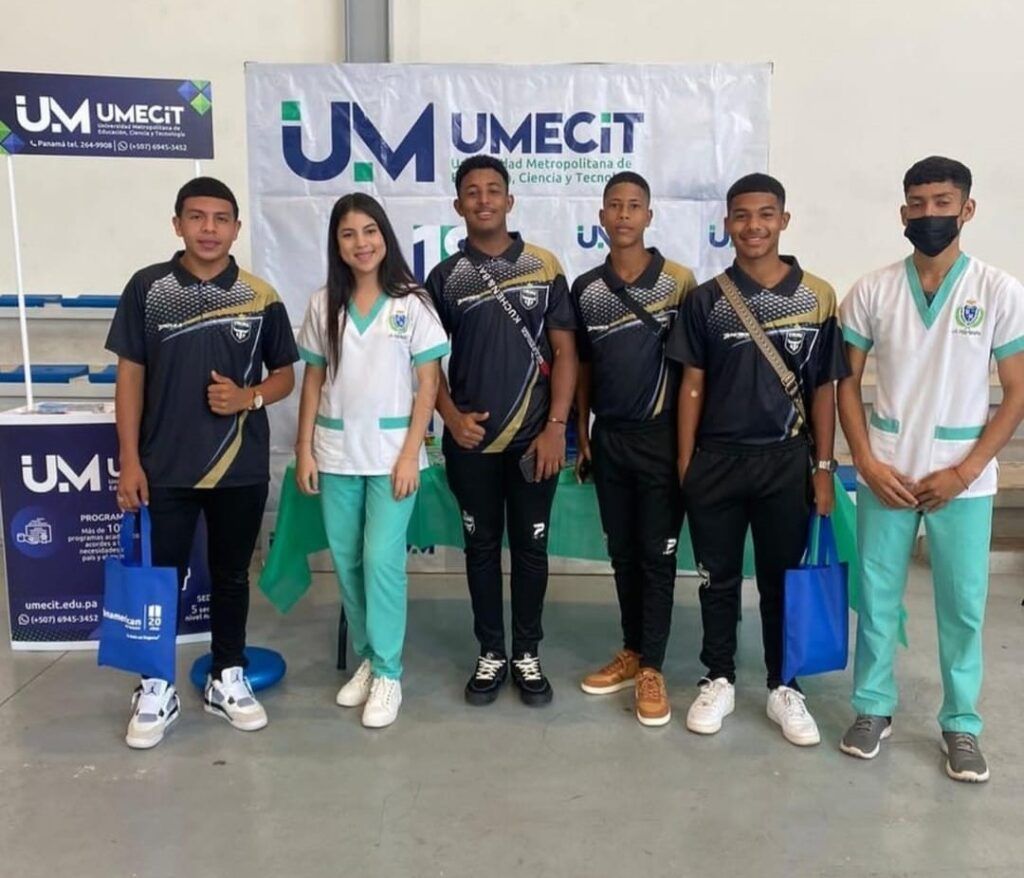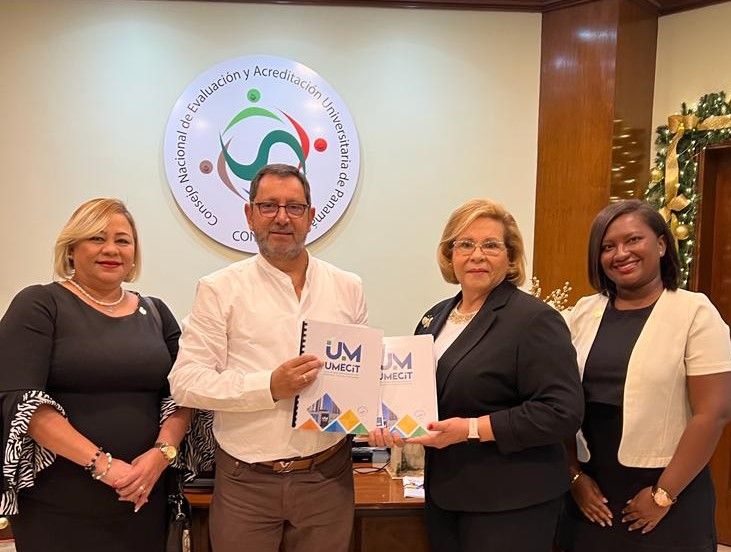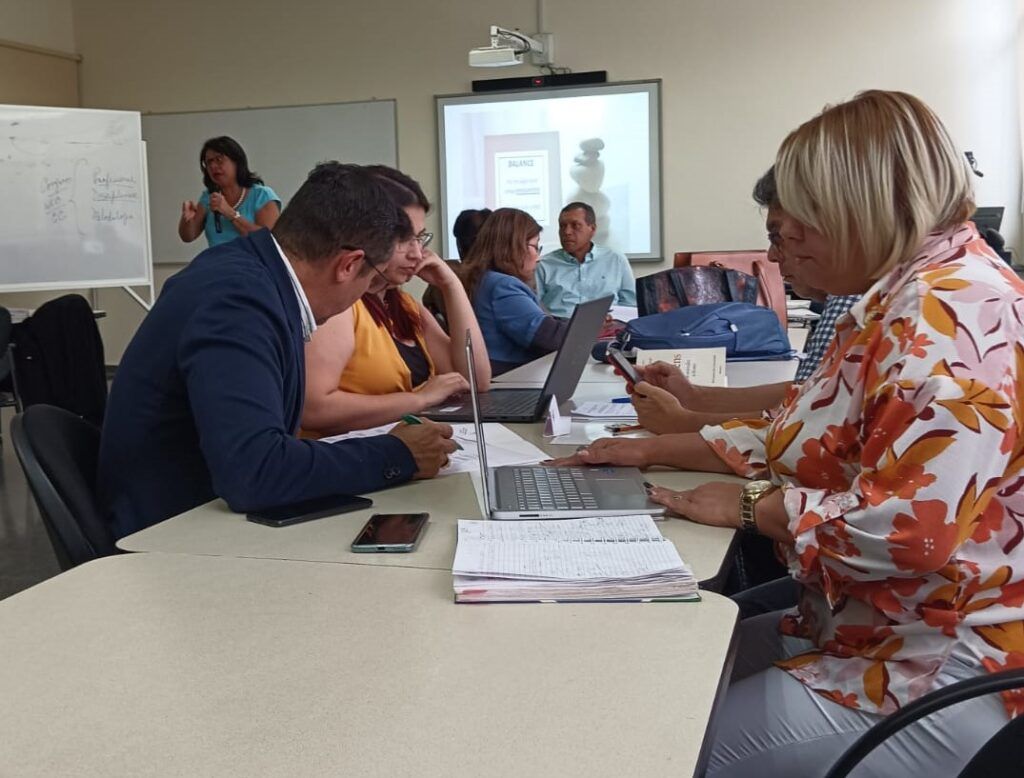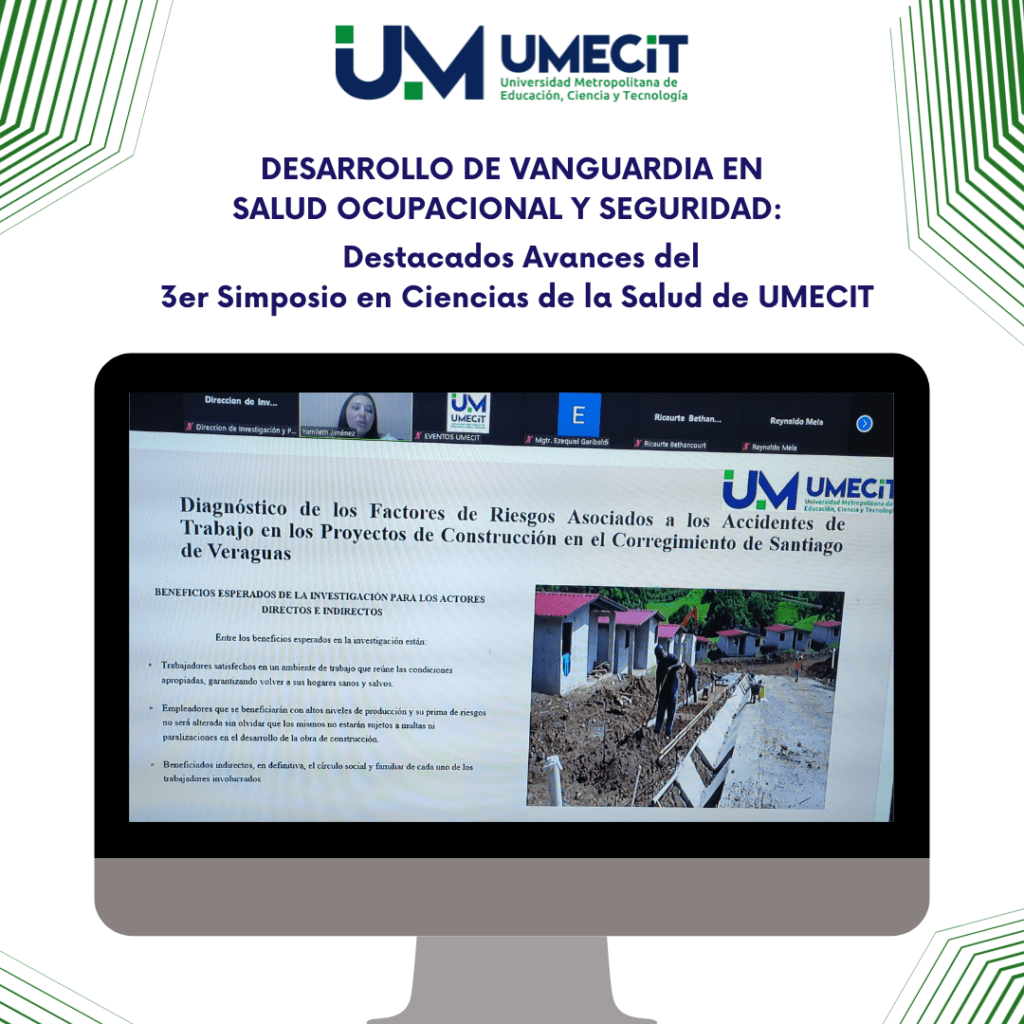Accreditation and Reaccreditation: a Commitment to Excellence at UMECIT
Accreditation and Reaccreditation: a Commitment to Excellence at UMECIT
At UMECIT, we are proud to comply with the quality requirements and standards established by Panamanian legislation on higher education. Law 52 of 2015 constitutes the fundamental regulatory framework for the accreditation and reaccreditation of educational programs, careers and processes. This framework is complemented by what is established in Resolution 723 AL of March 21, 2022, which approved the sole text of Decree 539 of August 30, 2018, content that regulates its provisions.
A legacy of quality
In 2012, in compliance with Law 30 of 2006, the university underwent the institutional accreditation process, obtaining certification through Resolution 15 of October 31, 2012, for six years, said resolution was extended by Resolution 01 of January 17, 2018 issued by the National Council for Evaluation and University Accreditation of Panama (CONEAUPA).
In 2017, in compliance with Law 52, we began the accreditation processes for courses, starting with the Bachelor's Degree in General Psychology. This effort was rewarded with the successful accreditation of the course for a period of six years.
After this time, on July 19, 2023, we carried out the reaccreditation process for the Bachelor's Degree in General Psychology. With the visit of the peer evaluators, we successfully completed this process and obtained the certification of reaccreditation of the degree.
At UMECIT, we are proud to comply with the quality requirements and standards established by Panamanian legislation on higher education. Law 52 of 2015 constitutes the fundamental regulatory framework for the accreditation and reaccreditation of educational programs, careers and processes. This framework is complemented by what is established in Resolution 723 AL of March 21, 2022, which approved the sole text of Decree 539 of August 30, 2018, content that regulates its provisions.
A legacy of quality
In 2012, in compliance with Law 30 of 2006, the university underwent the institutional accreditation process, obtaining certification through Resolution 15 of October 31, 2012, for six years, said resolution was extended by Resolution 01 of January 17, 2018 issued by the National Council for Evaluation and University Accreditation of Panama (CONEAUPA).
In 2017, in compliance with Law 52, we began the accreditation processes for courses, starting with the Bachelor's Degree in General Psychology. This effort was rewarded with the successful accreditation of the course for a period of six years.
After this time, on July 19, 2023, we carried out the reaccreditation process for the Bachelor's Degree in General Psychology. With the visit of the peer evaluators, we successfully completed this process and obtained the certification of reaccreditation of the degree.
A day to celebrate: October 11, 2023
This day marked a historic moment for our institution. The National Council for Evaluation and University Accreditation (CONEAUPA), led by Dr. María del Carmen Terrientes de Benavides and in the presence of the Academic Vice Minister of Education, granted Resolution #33, officially reaccrediting our Bachelor's Degree in General Psychology with the highest grade. This achievement ensures the accreditation of the degree for six additional years, reaffirming our academic excellence.
Commitment to Health Sciences
The accreditation process for university courses in Panama continued, including flagship programs of our Faculty of Health Sciences. This allowed us to begin the accreditation processes for the Bachelor's Degrees in Physiotherapy and Occupational Health and Safety.
On June 28, 2024, the official ceremony for the delivery of the Accreditation and Reaccreditation Certificates of courses was held at the Higher Office of the Ministry of Education. This event was attended by CONEAUPA authorities, who delivered the corresponding certifications:
- Reaccreditation of the Bachelor's Degree in General Psychology
- Accreditation of Bachelor's Degrees in Physiotherapy and Occupational Health and Safety
All courses were accredited for a maximum period of six years, highlighting their compliance with the highest standards of educational quality.
A day to celebrate: October 11, 2023
This day marked a historic moment for our institution. The National Council for Evaluation and University Accreditation (CONEAUPA), led by Dr. María del Carmen Terrientes de Benavides and in the presence of the Academic Vice Minister of Education, granted Resolution #33, officially reaccrediting our Bachelor's Degree in General Psychology with the highest grade. This achievement ensures the accreditation of the degree for six additional years, reaffirming our academic excellence.
Our commitment, your future
At UMECIT, we continue to work to guarantee an excellent education that benefits our students and Panamanian society. The reaccreditation and accreditation of our programs are a reflection of our constant effort for innovation, progress and academic quality.
On February 19, 2024, in accordance with Resolution No. 39 of December 13, 2023, our Rector signed a commitment agreement to accredit the Social Sciences programs, which correspond to the Bachelor's Degrees in Law and Political Sciences and Criminology and Forensic Sciences.
Our commitment, your future
At UMECIT, we continue to work to guarantee an excellent education that benefits our students and Panamanian society. The reaccreditation and accreditation of our programs are a reflection of our constant effort for innovation, progress and academic quality.
On February 19, 2024, in accordance with Resolution No. 39 of December 13, 2023, our Rector signed a commitment agreement to accredit the Social Sciences programs, which correspond to the Bachelor's Degrees in Law and Political Sciences and Criminology and Forensic Sciences.
Programs in the process of Accreditation and Reaccreditation
What is Accreditation?
What is Reaccreditation?
*On September 17, 2021, UMECIT delivers the self-assessment report for reaccreditation purposes, to participate in the call made by CONEAUPA, in compliance with Resolution number 06 of January 28, 2021, published in the Official Gazette, 29357- B on August 20, 2021
How does the Accreditation and Reaccreditation process work?
*Source CONEAUPA
The external evaluation is a verification process carried out by a group of independent specialists called external peers, where they analyze the institutional self-assessment report, with a view to highlighting specific aspects subject to observation during the visit. Compliance with the indicators and standards established in CONEAUPA's self-assessment model, for the granting of the corresponding accreditation. The peers must provide an external, substantiated and independent opinion about the quality of education.
*Source CONEAUPA
Phase 3:
Benefits of Accreditation and Reaccreditation
1. Ensure an external evaluation in accordance with the expectations of society.
2. Undertake voluntary actions to improve quality.
3. An update of the programs that adapt to the changes that occur.
4. A reduced need for public control.
5. Ensure that the programs are satisfactory and meet the needs of the students.
6. Make it possible to transfer credits, and be accepted in more advanced programs.
7. It is a normal prerequisite to enter a profession and become a member of a professional association, which does not depend on the incorporation exams of each graduate, but on processes that are a letter of introduction to the career or program.
8. Stimulate the realization of a self-assessment to improve the system.
9. The improvement of the institution following the recommendations of the accrediting agencies or bodies.
10. Being able to apply improvement criteria that are external.
11. A better reputation.
12. Access to financial aid for their students.
13. They define the preparation requirements to enter a profession.
14. They integrate the profession, getting professionals, professors, and students to collaborate”.
*Ibero-American Network for Quality Assurance in Higher Education -RIACES-
Reaccreditation Process 2022
Socialization and Validation of the report with the University Community
Planning
1. Internal Evaluation Committee
2. Sensitization, Training and Socialization
3. Program of Activities:
- Visits to headquarters by UMECIT authorities
- Matrix disclosure talks with the University Community.
- Finding writing workshops.
- Preparation, validation and application of surveys
- Sensitization and Validation of the Self-assessment report.
Development
Results
Factor 1: Institutional Project
- Updated Institutional Regulatory Framework.
- Standardized process for the development of institutional dynamics.
- Adequate endowment of resources, with relevance to the Cyberhumanist Curricular Educational Model.
Factor 2: Academic Project
- Wide academic offer.
- Curriculum and relevance to social needs.
- Linkage with the environment, based on national and international agreements.
- Development of Investigations with correspondence to the lines of investigation.
- Dissemination of results of research projects.
- Knowledge transfer in the development of teaching in connection with Extension.
- Linkage with Graduates.
Factor 3: University Community
- Trained human resource suitable for the development of Academic and Administrative Management.
- Teachers with profiles in accordance with the regulations and performance corresponding to the Cyberhumanist Curricular Educational Model.
- Students with high levels of satisfaction in the service provided.
Factor 4: Infrastructure
- Infrastructure adequate to the needs required for the development of the institutional dynamics.
- Informatic security
- Adequate endowment of technological resources
- Satisfaction in the community of the service received.
Conclusion
Results Socialization Team:
Accreditation Process 2012
The Metropolitan University of Education, Science and Technology - UMECIT:
